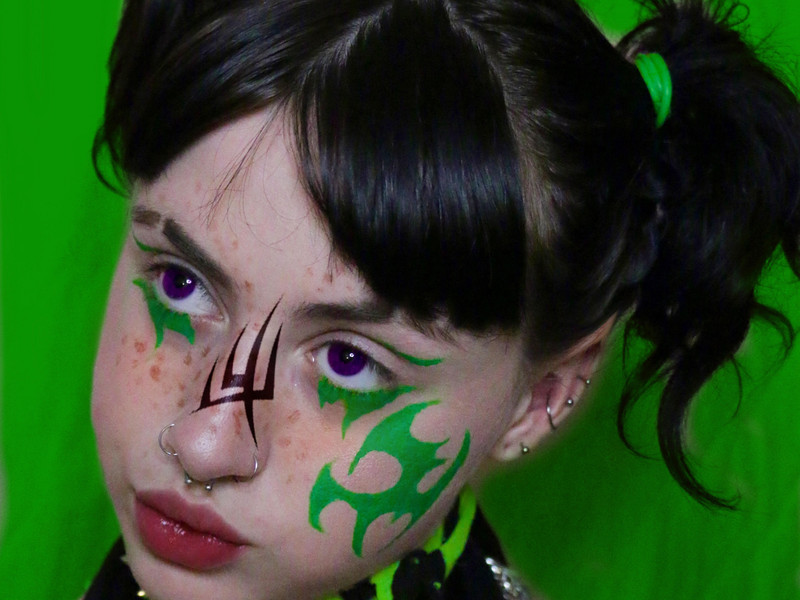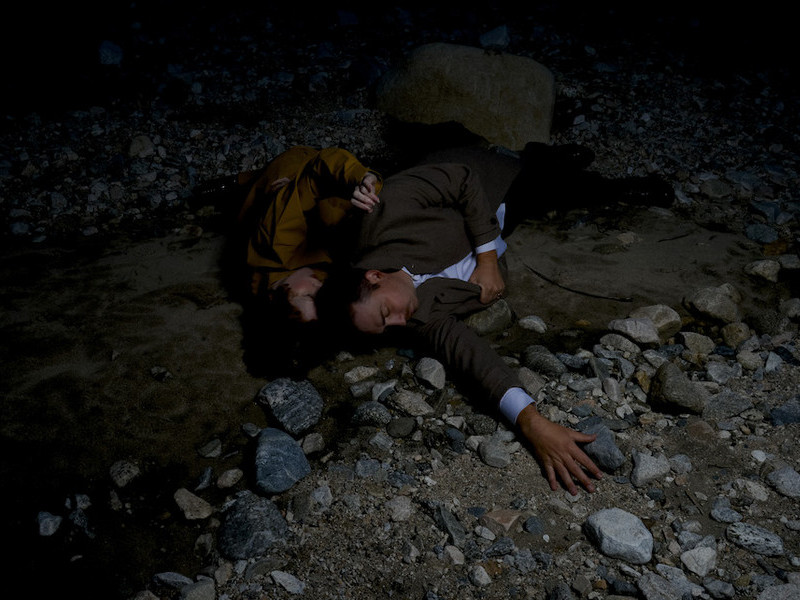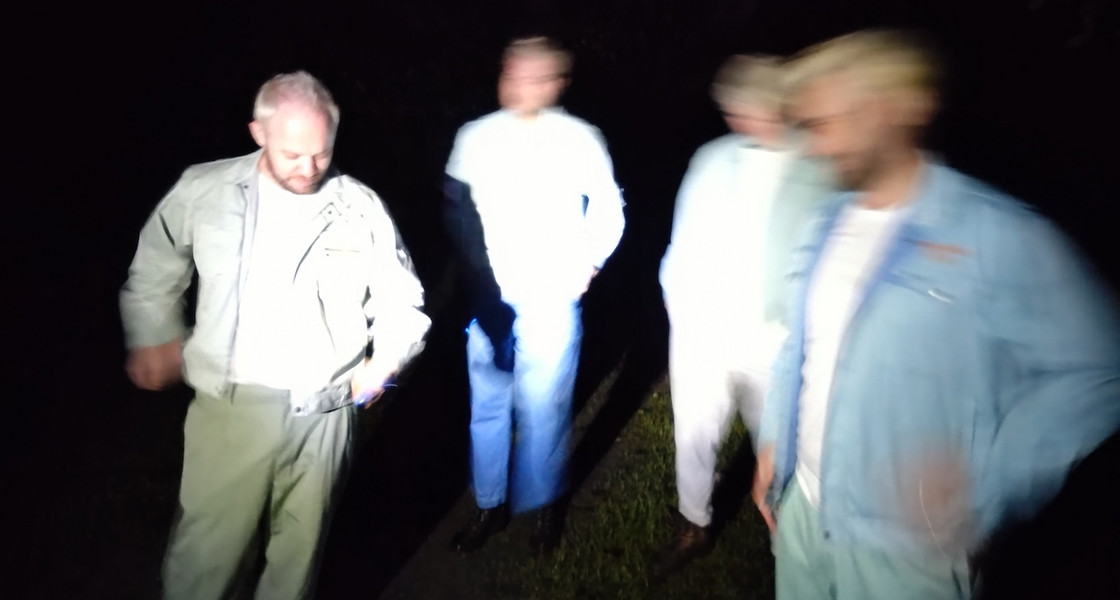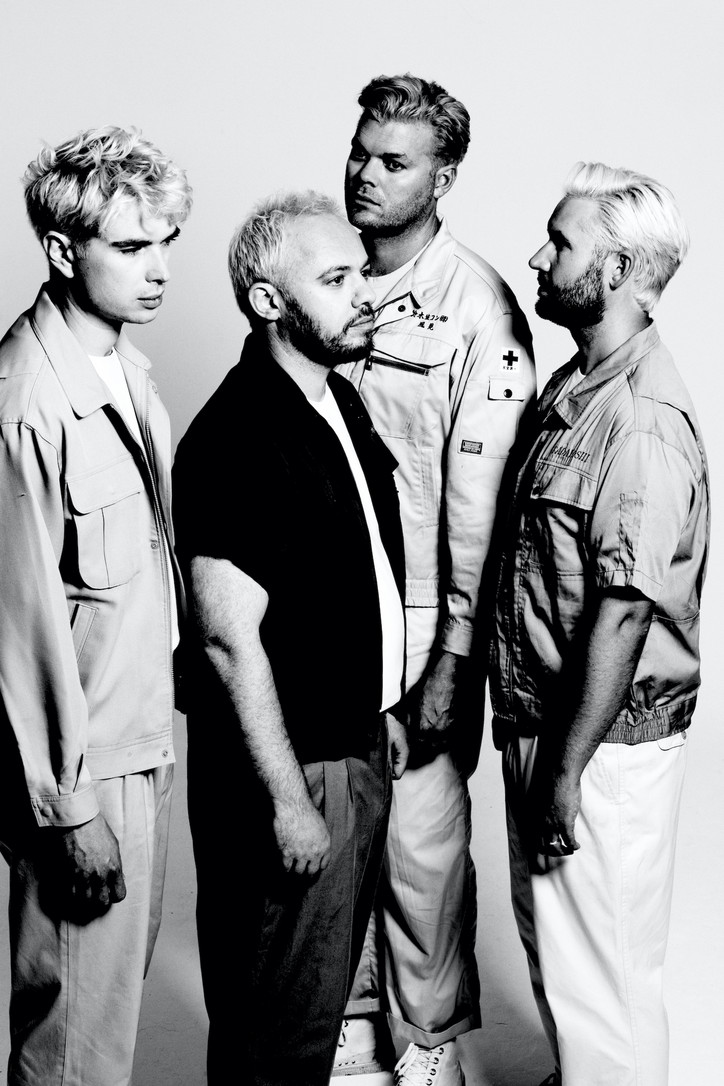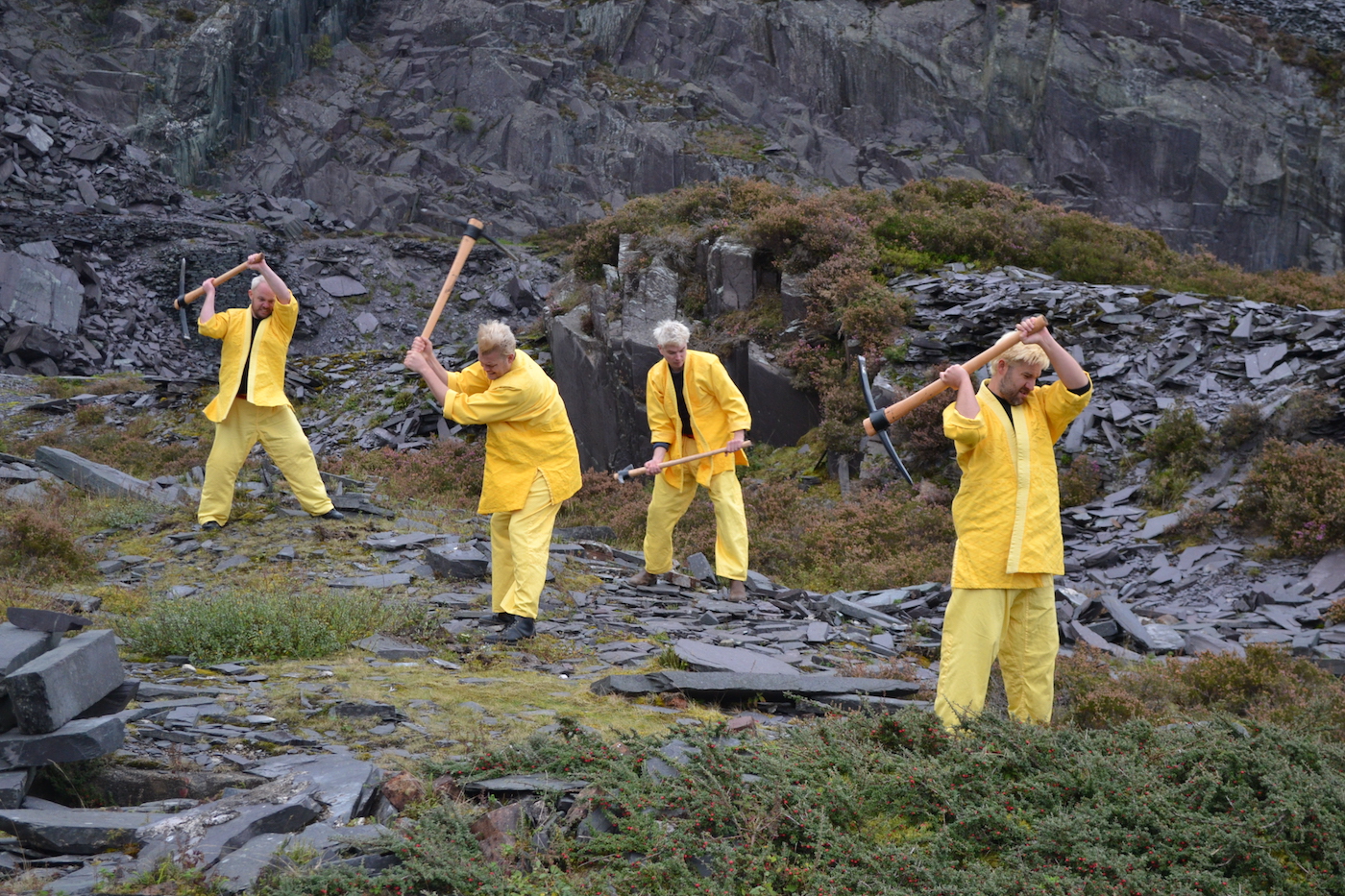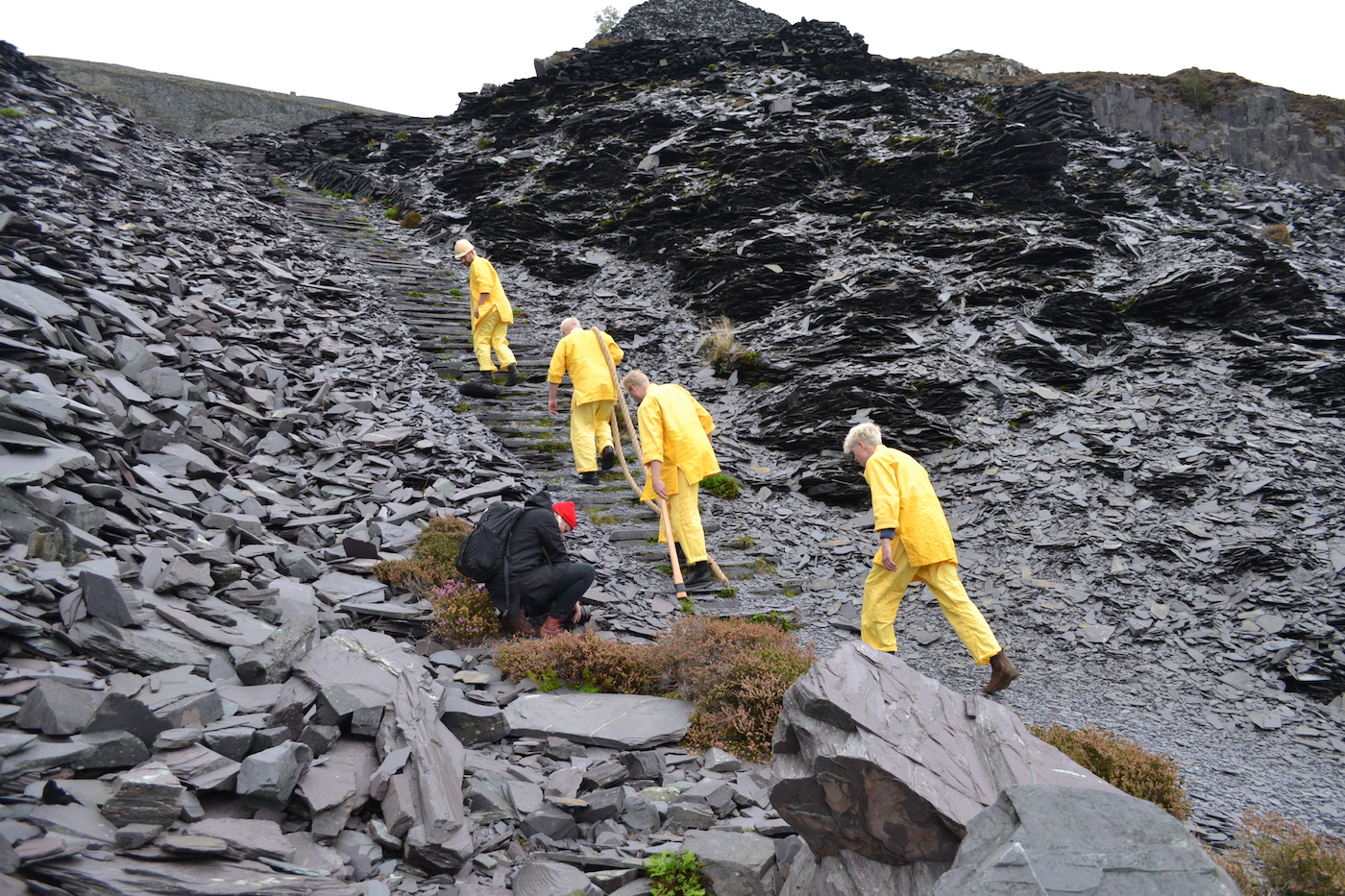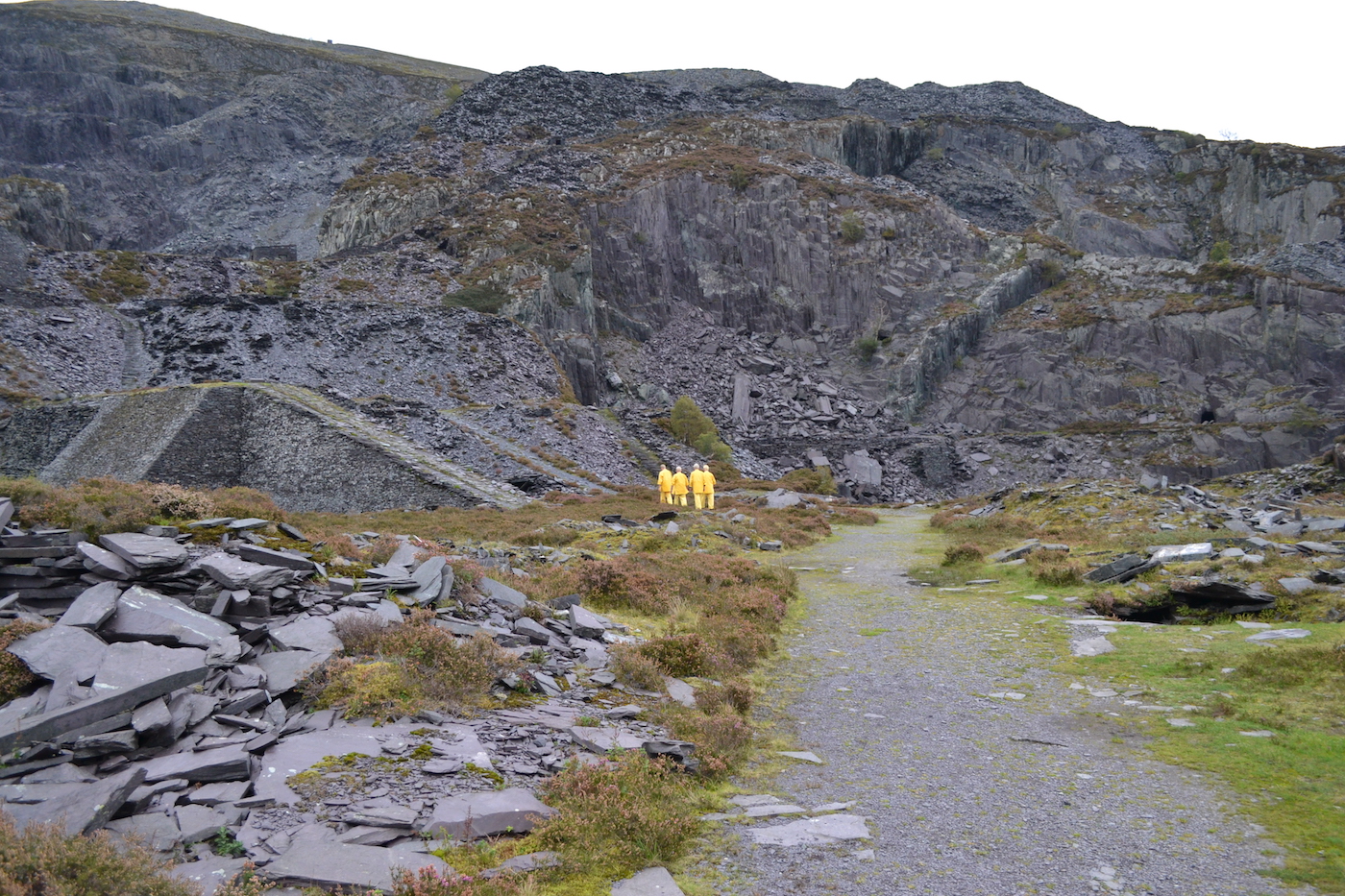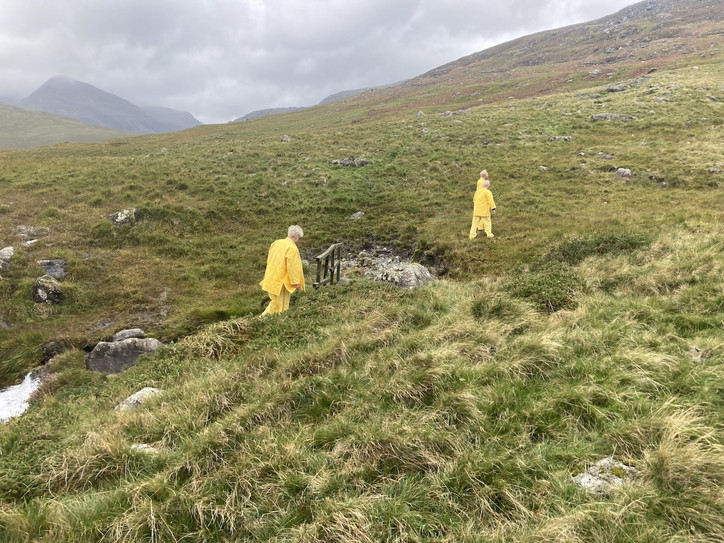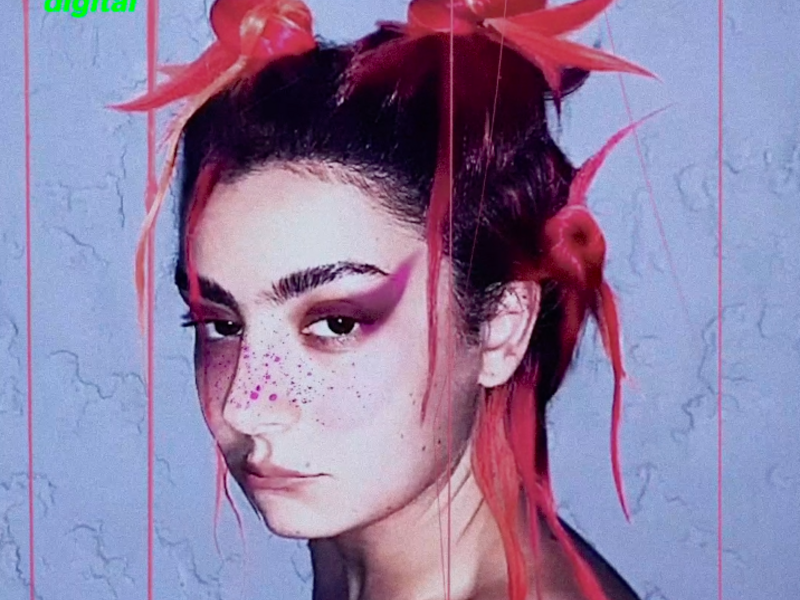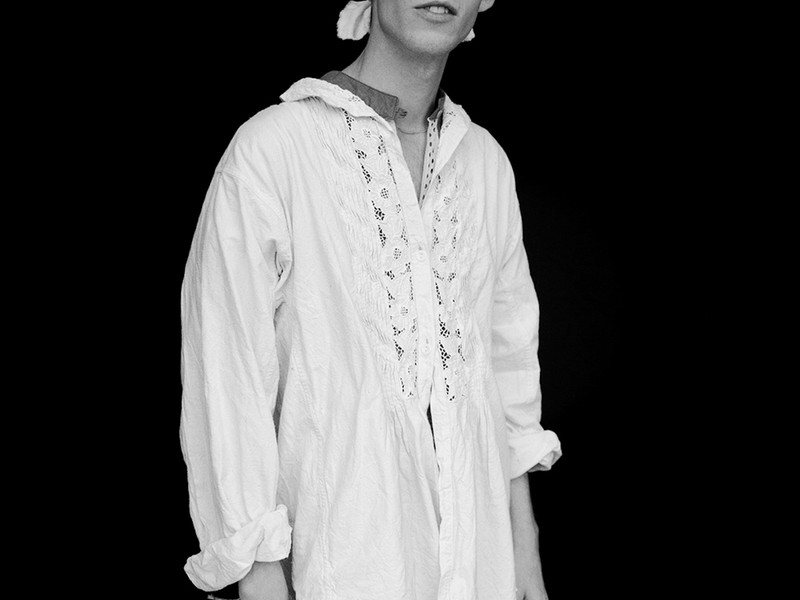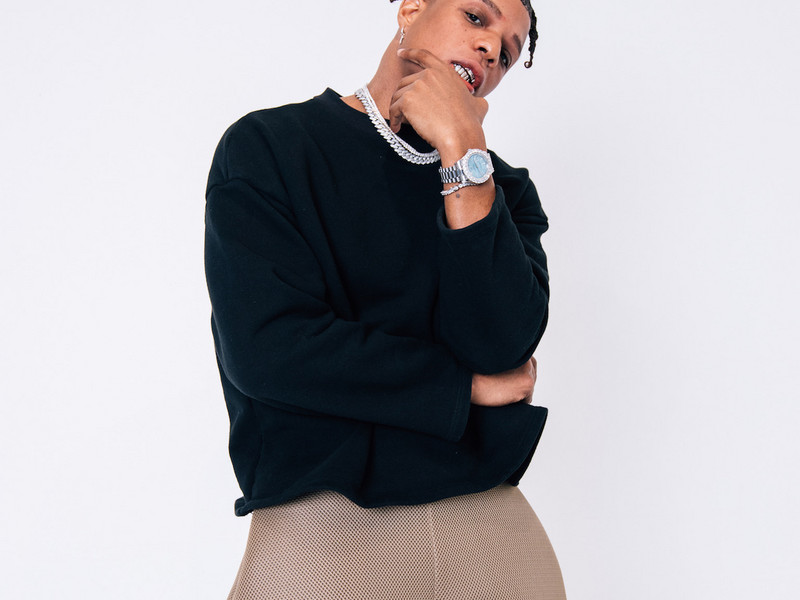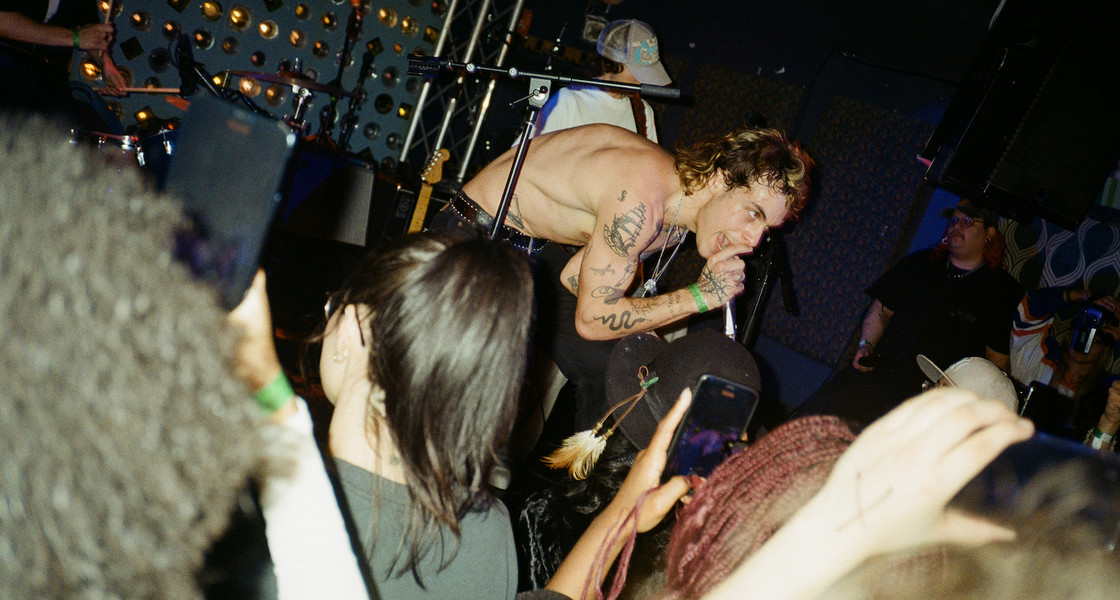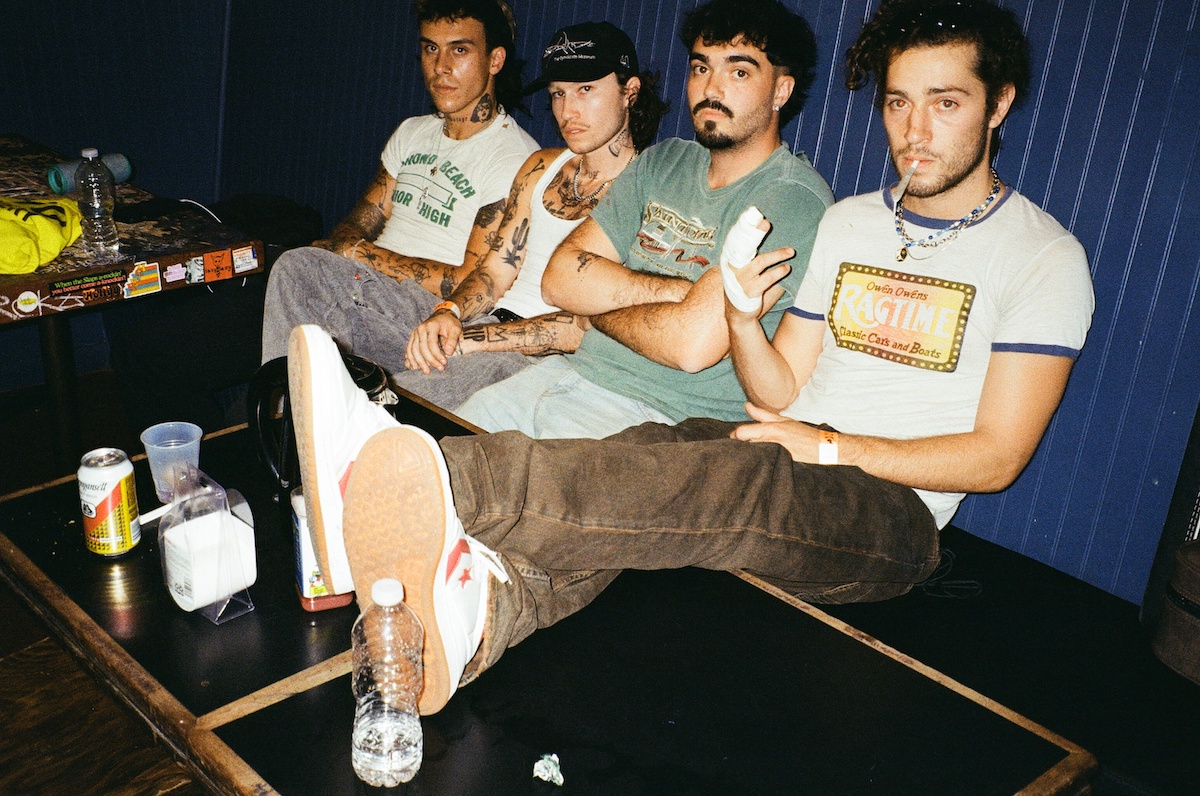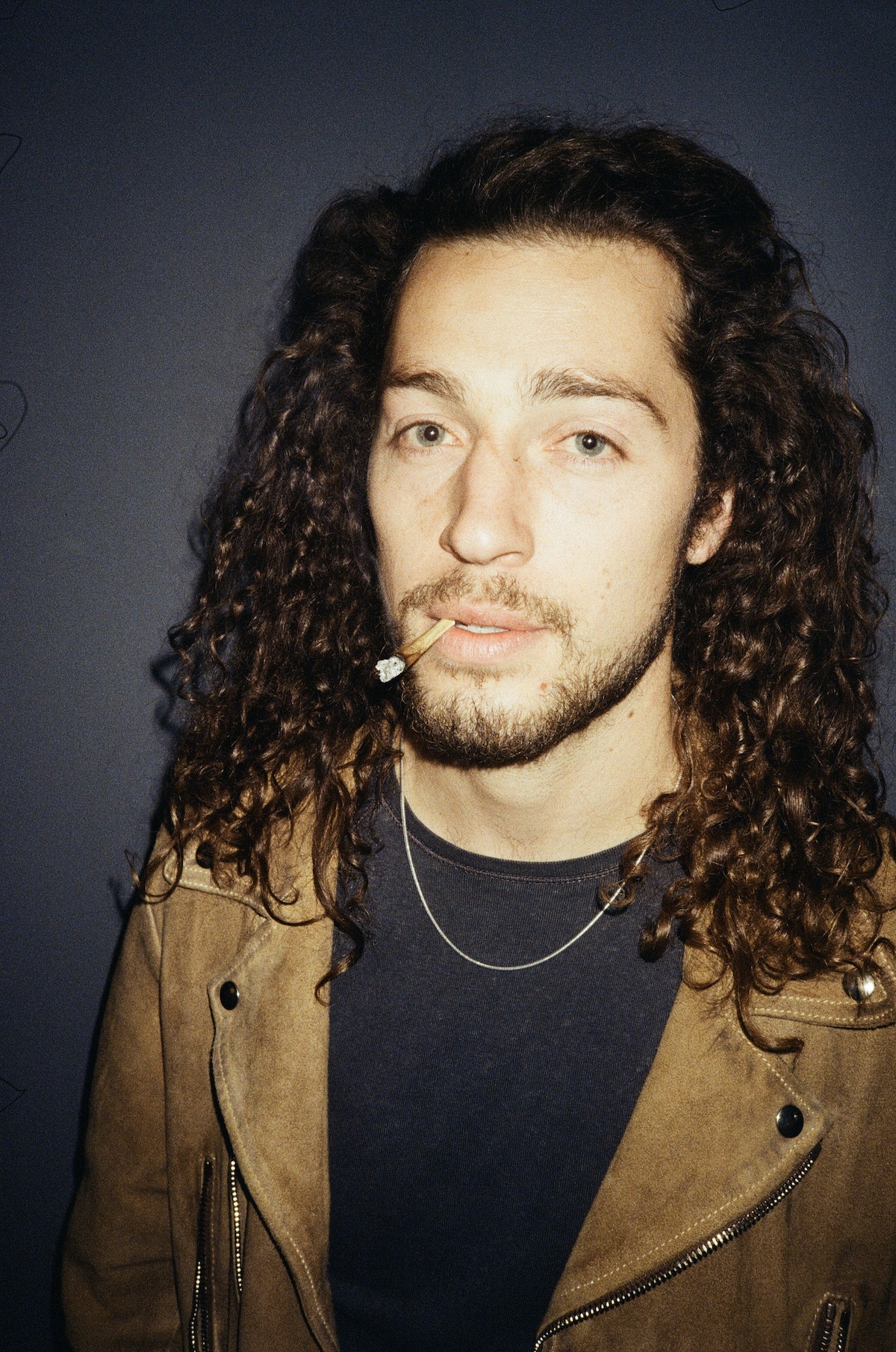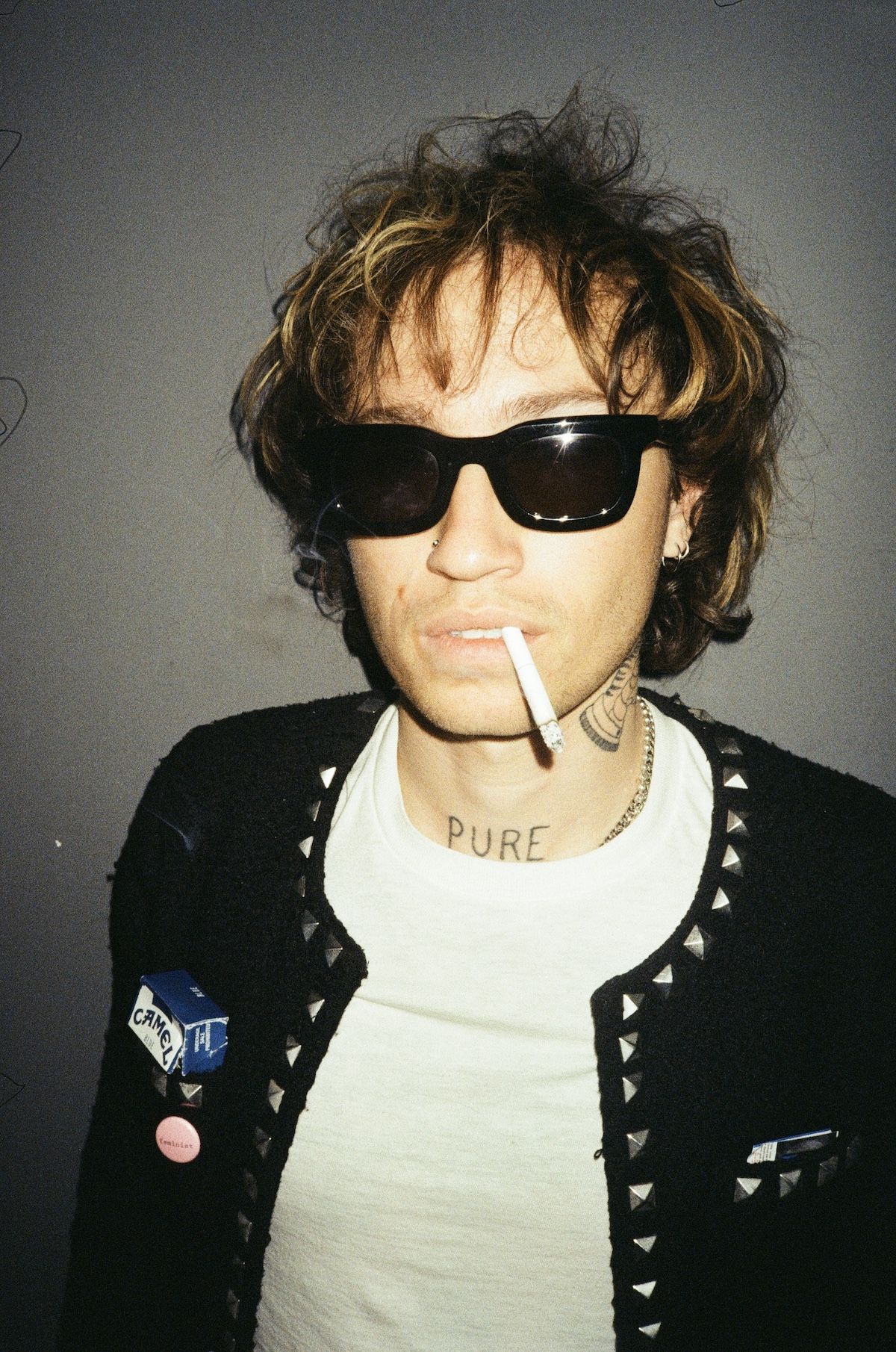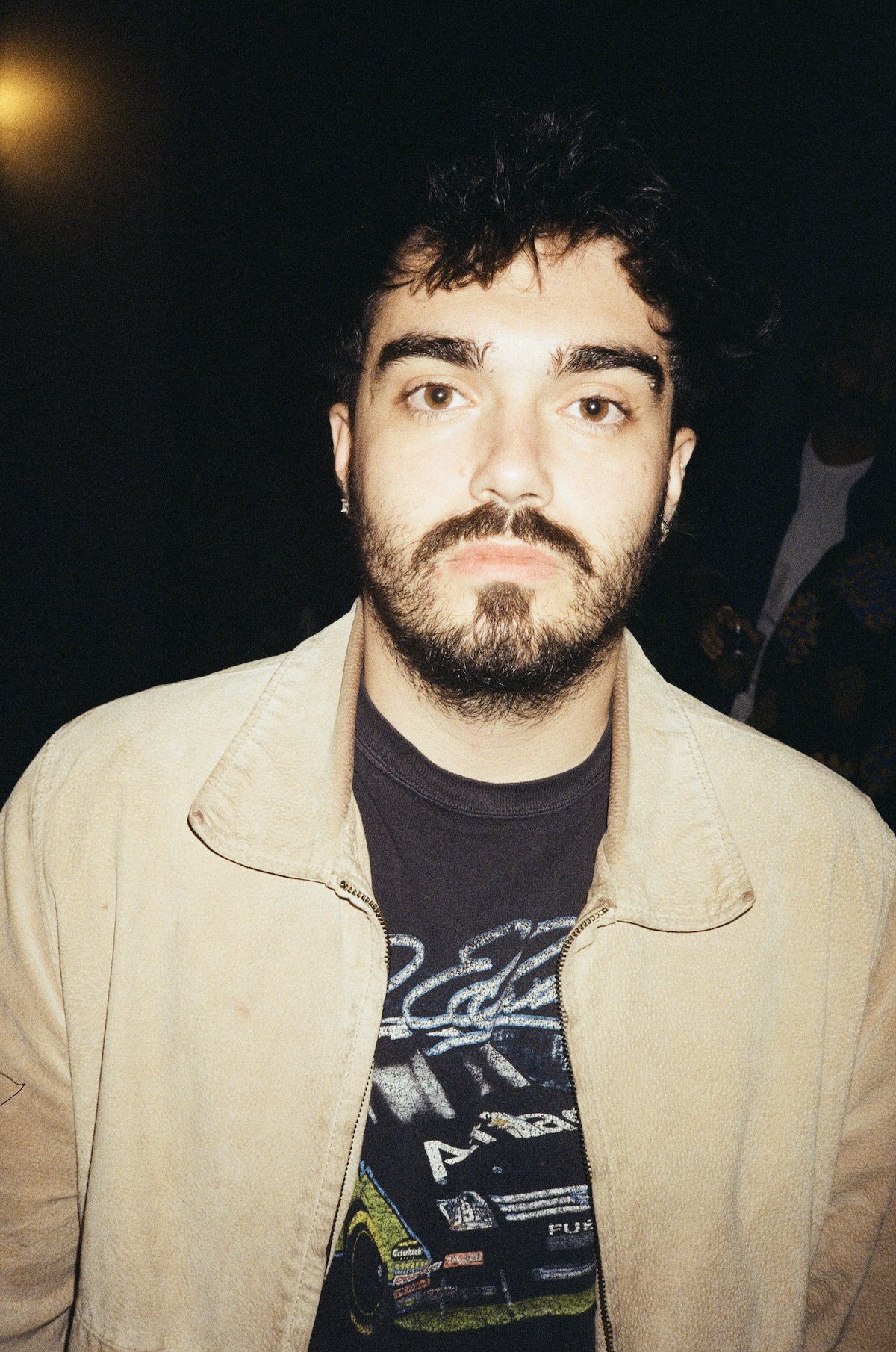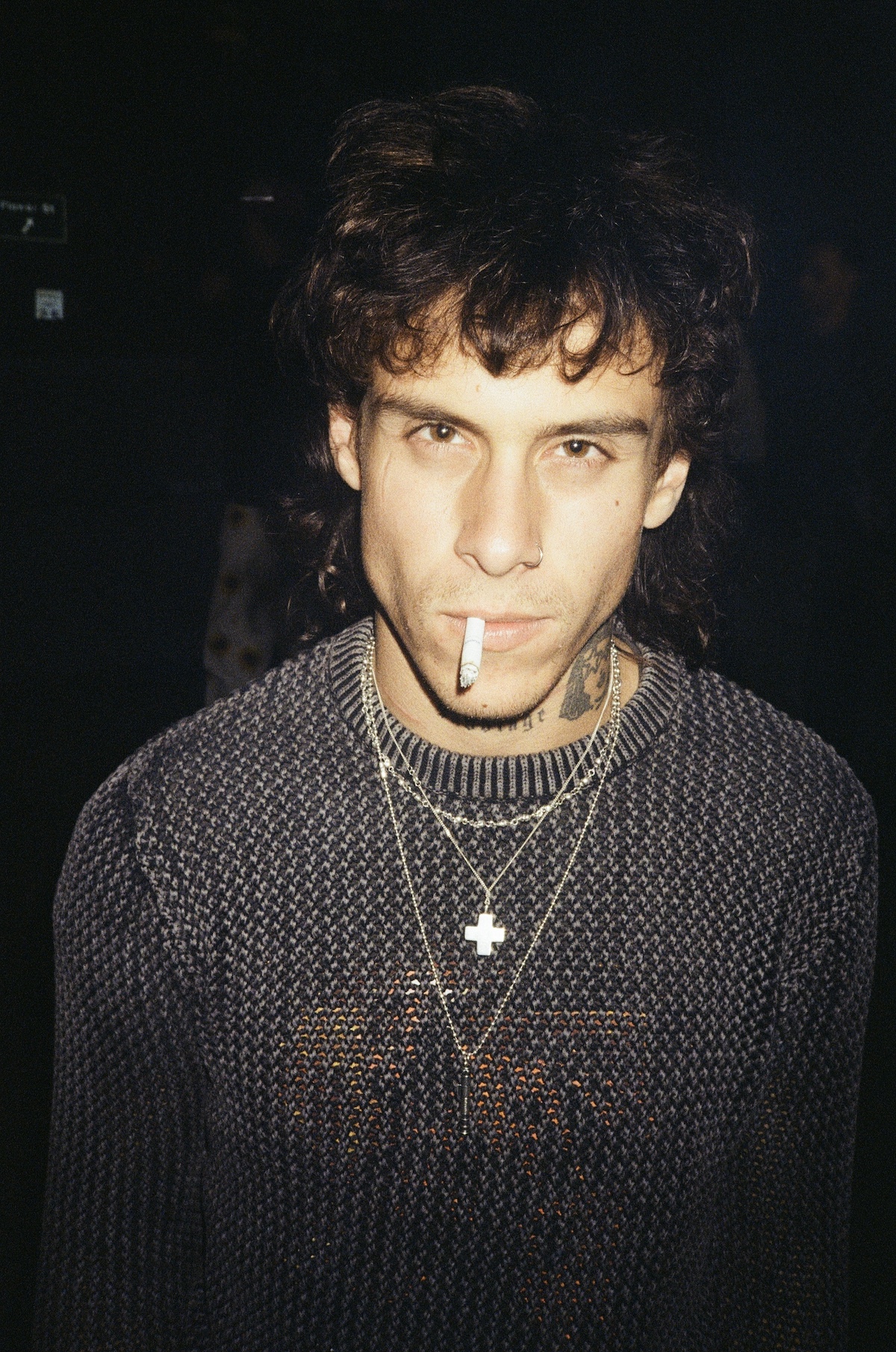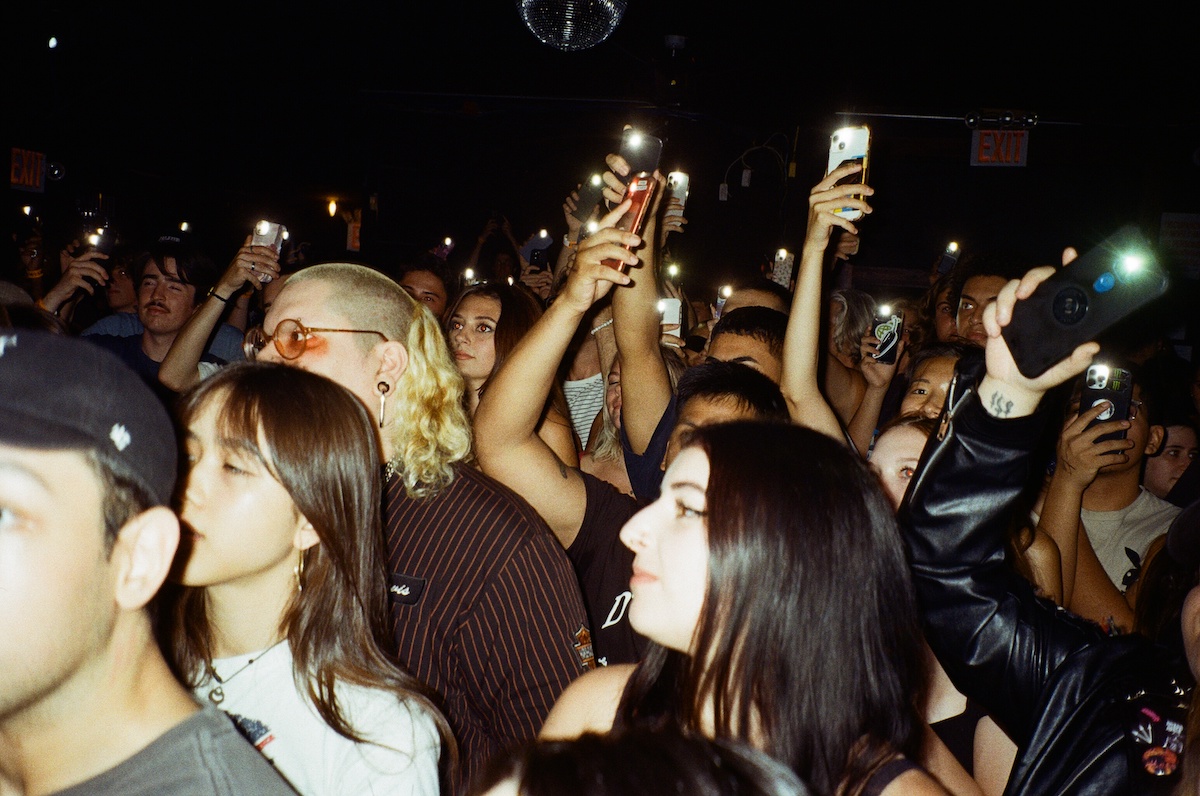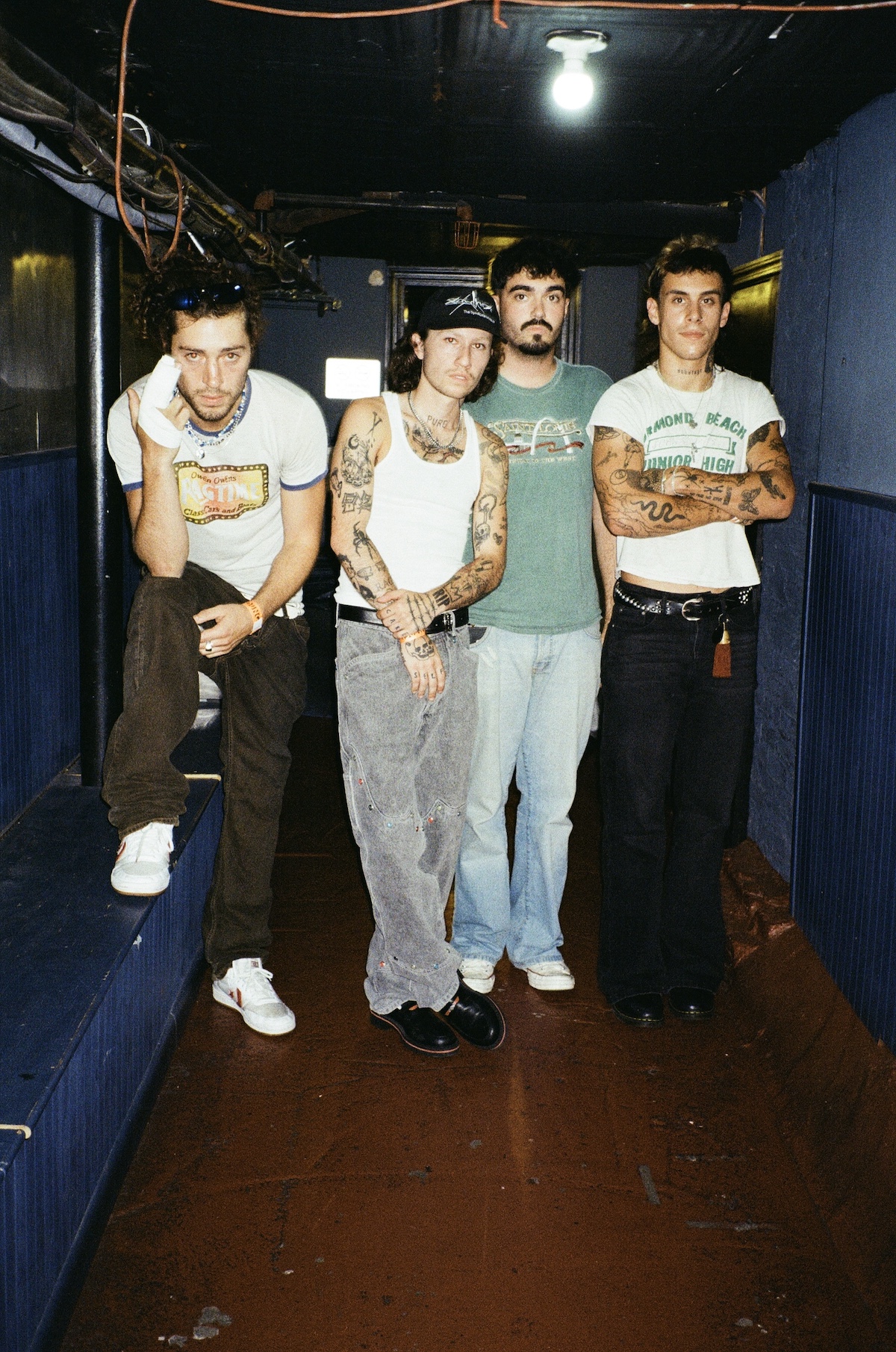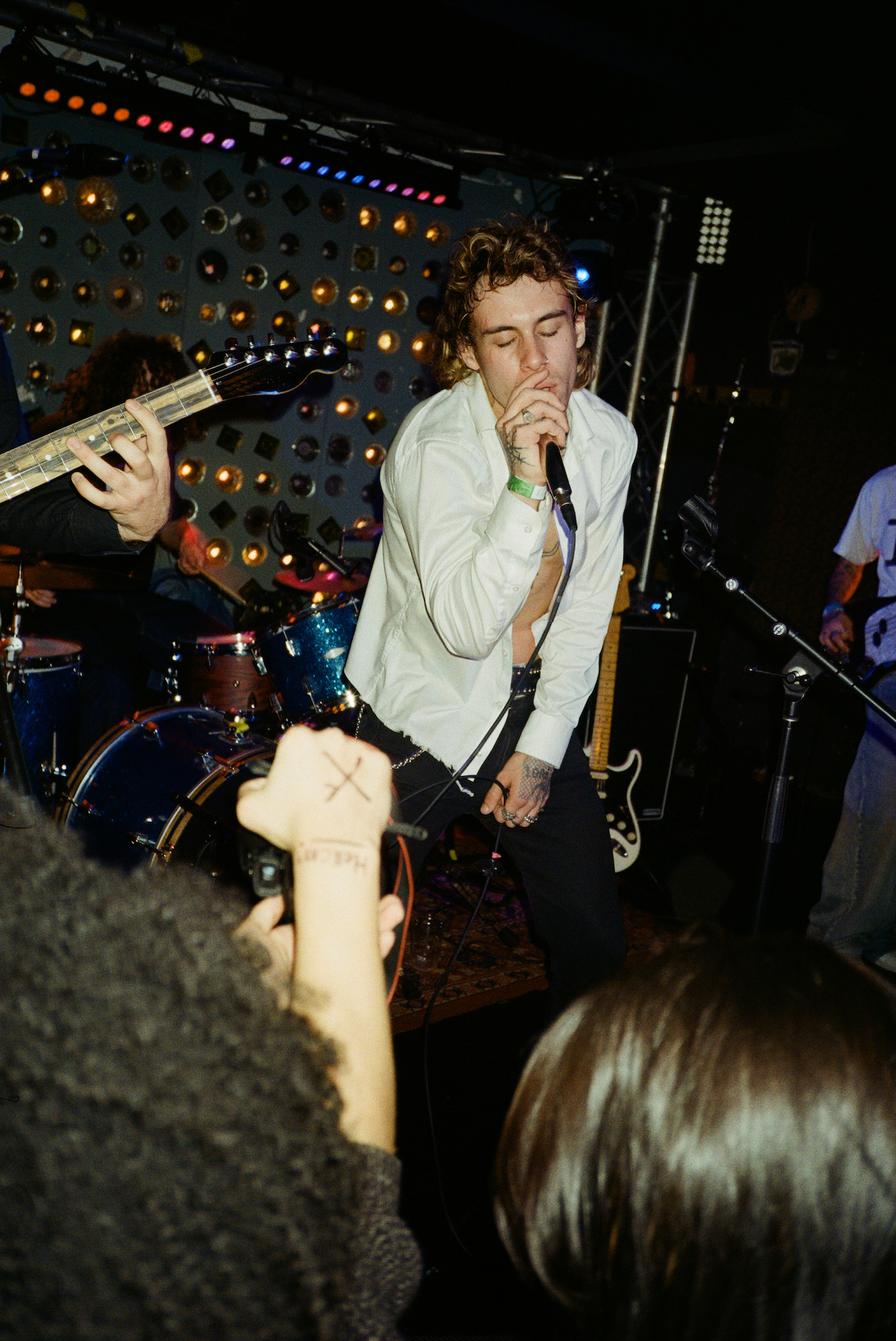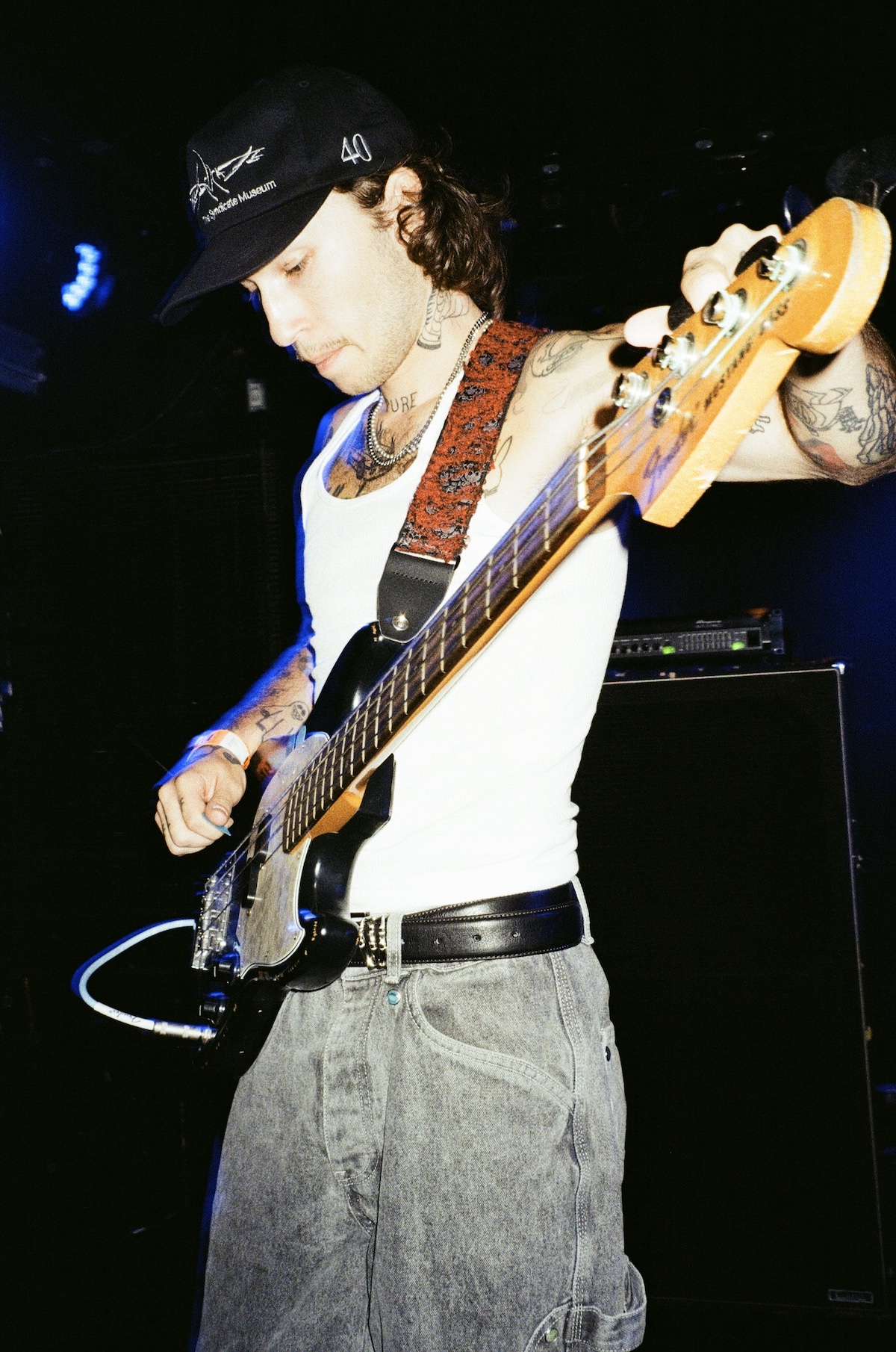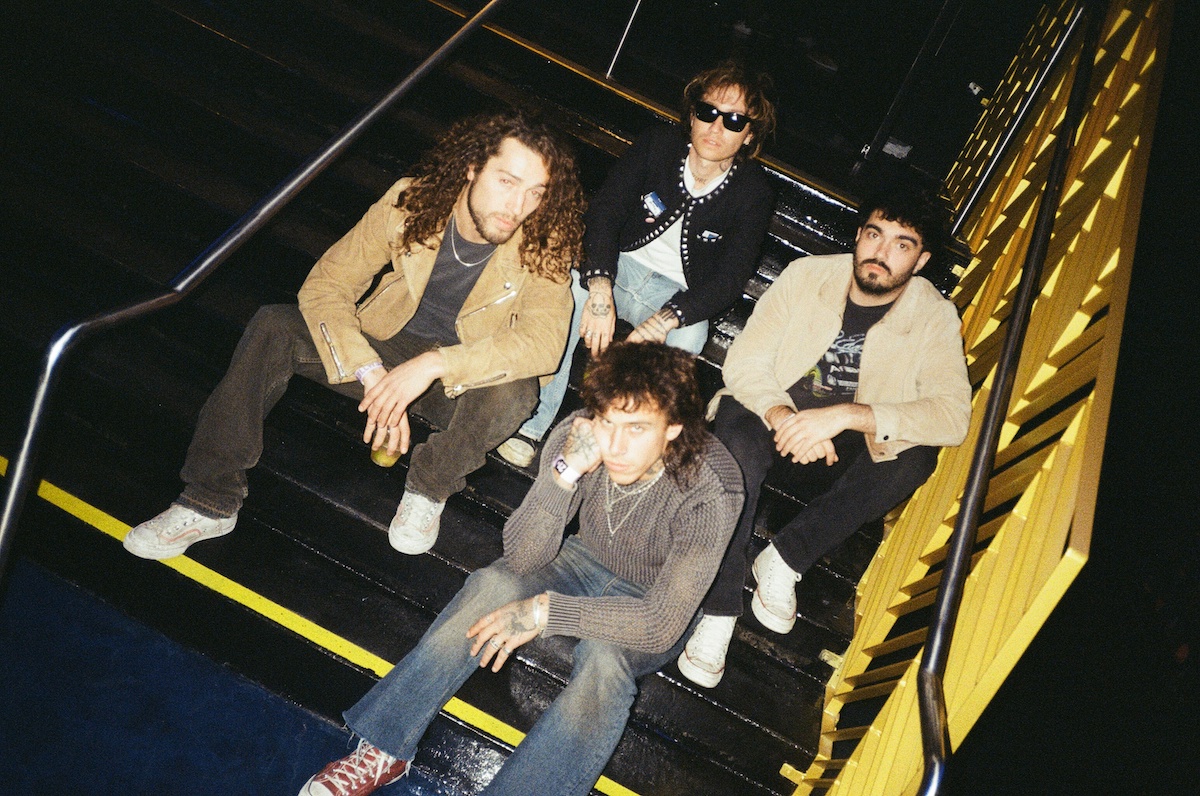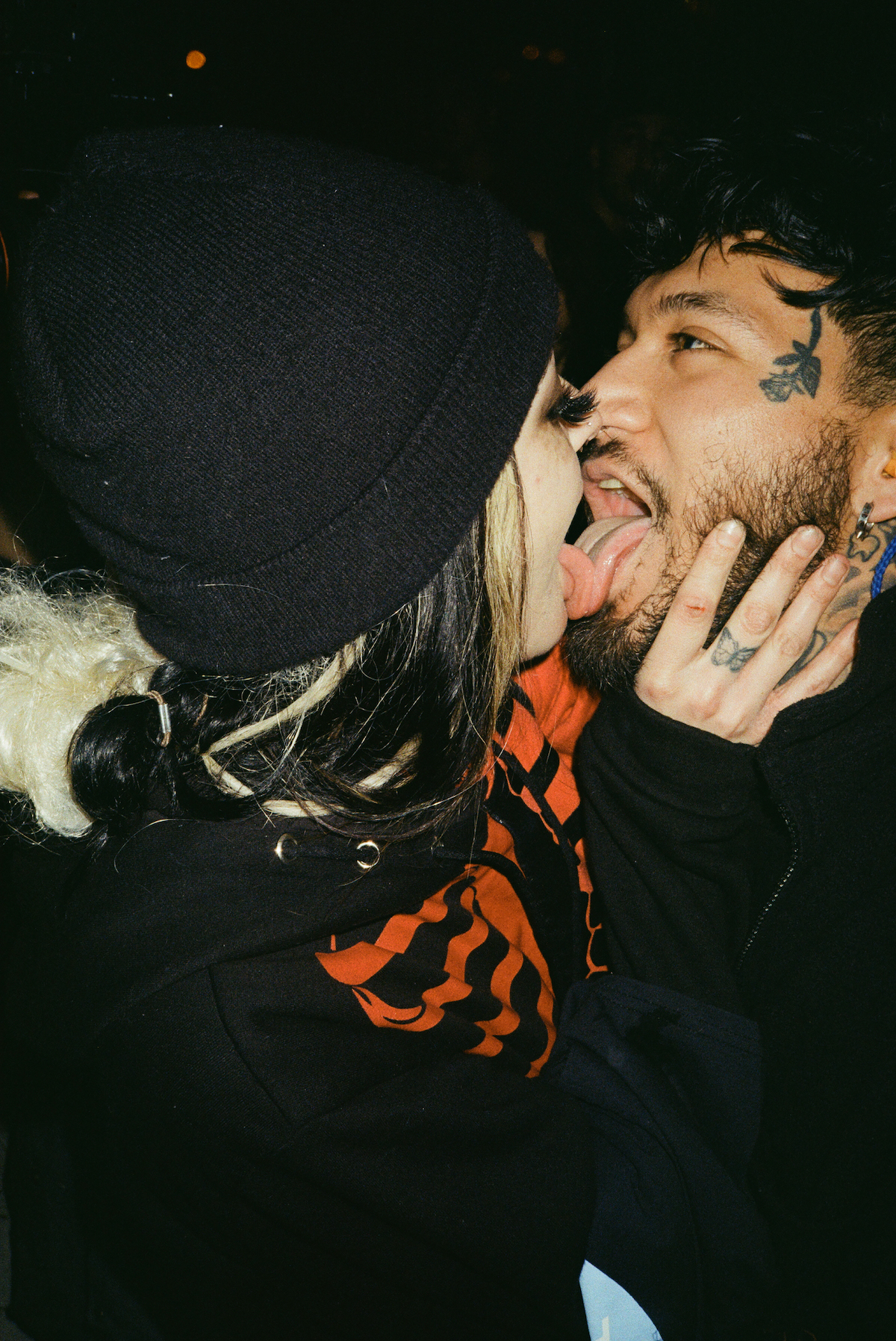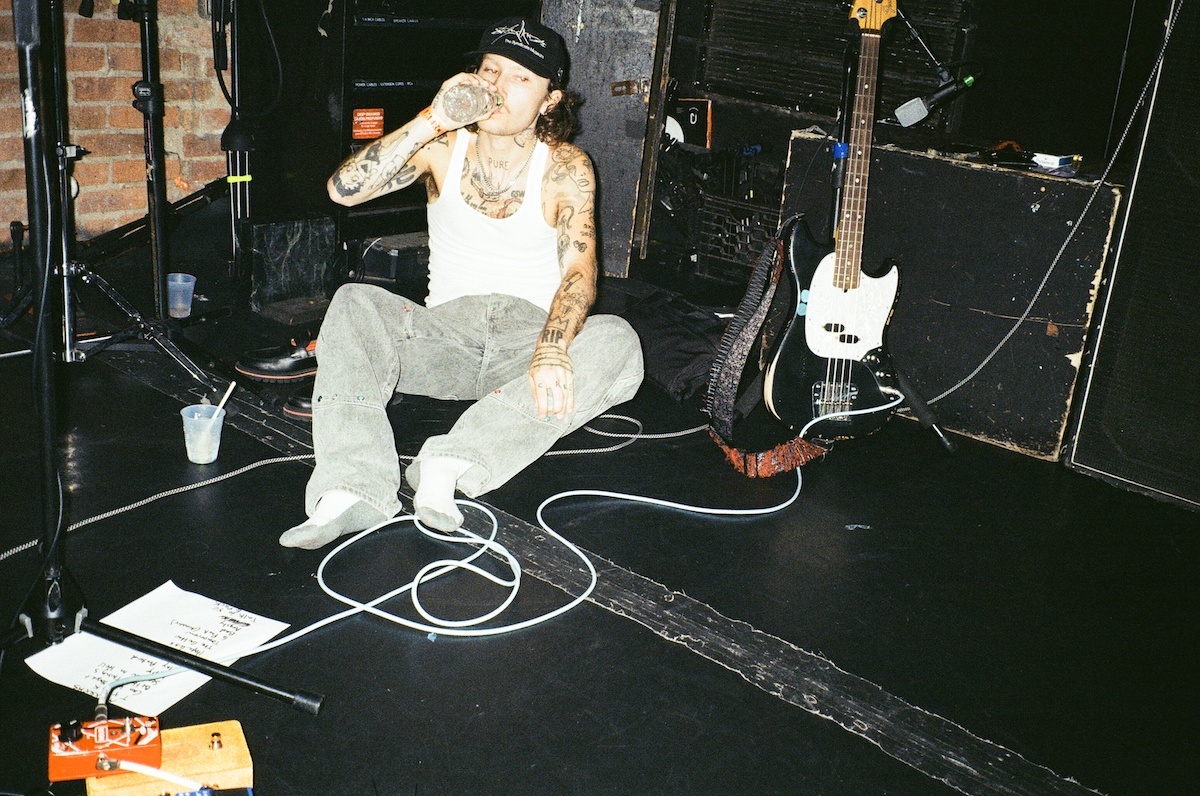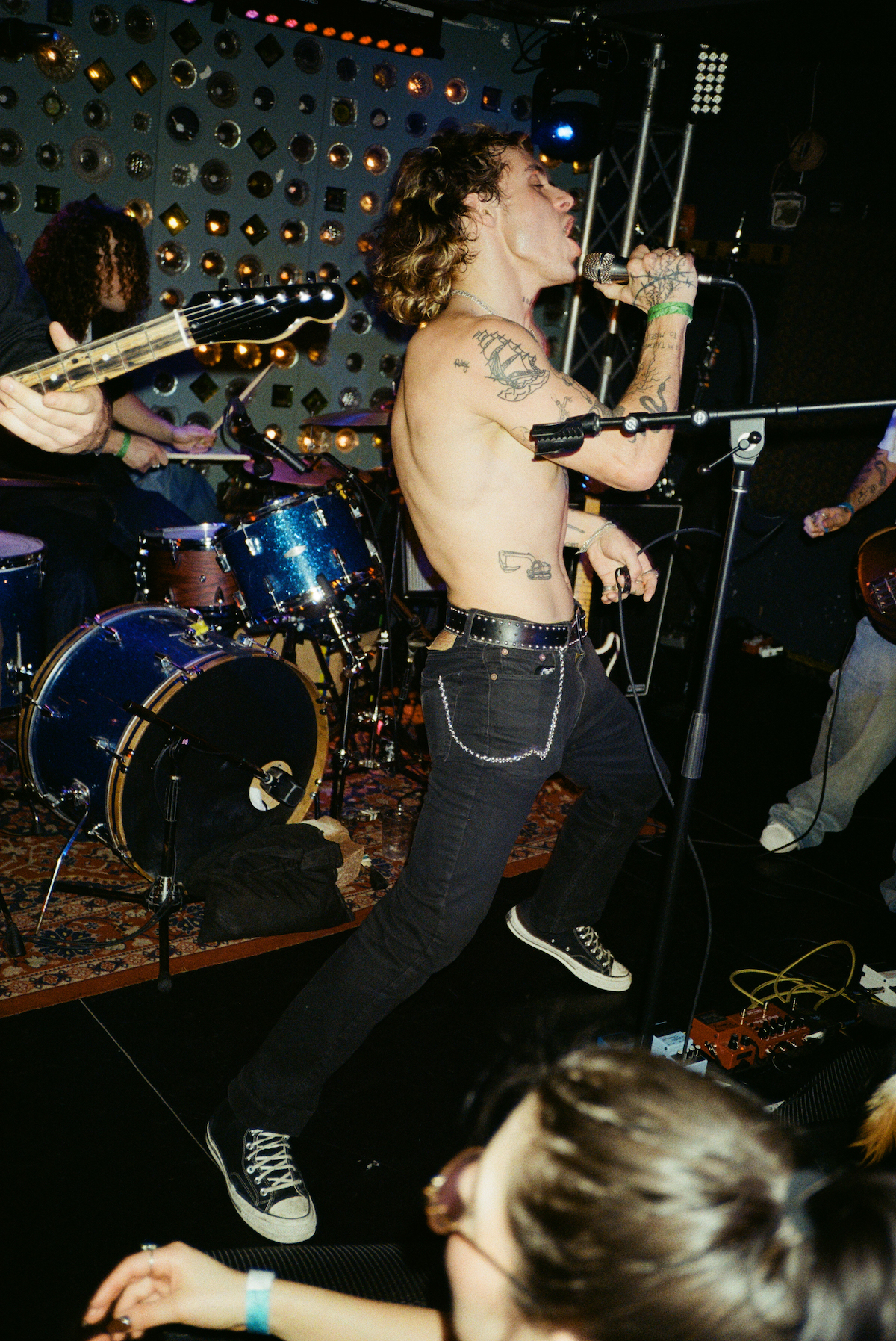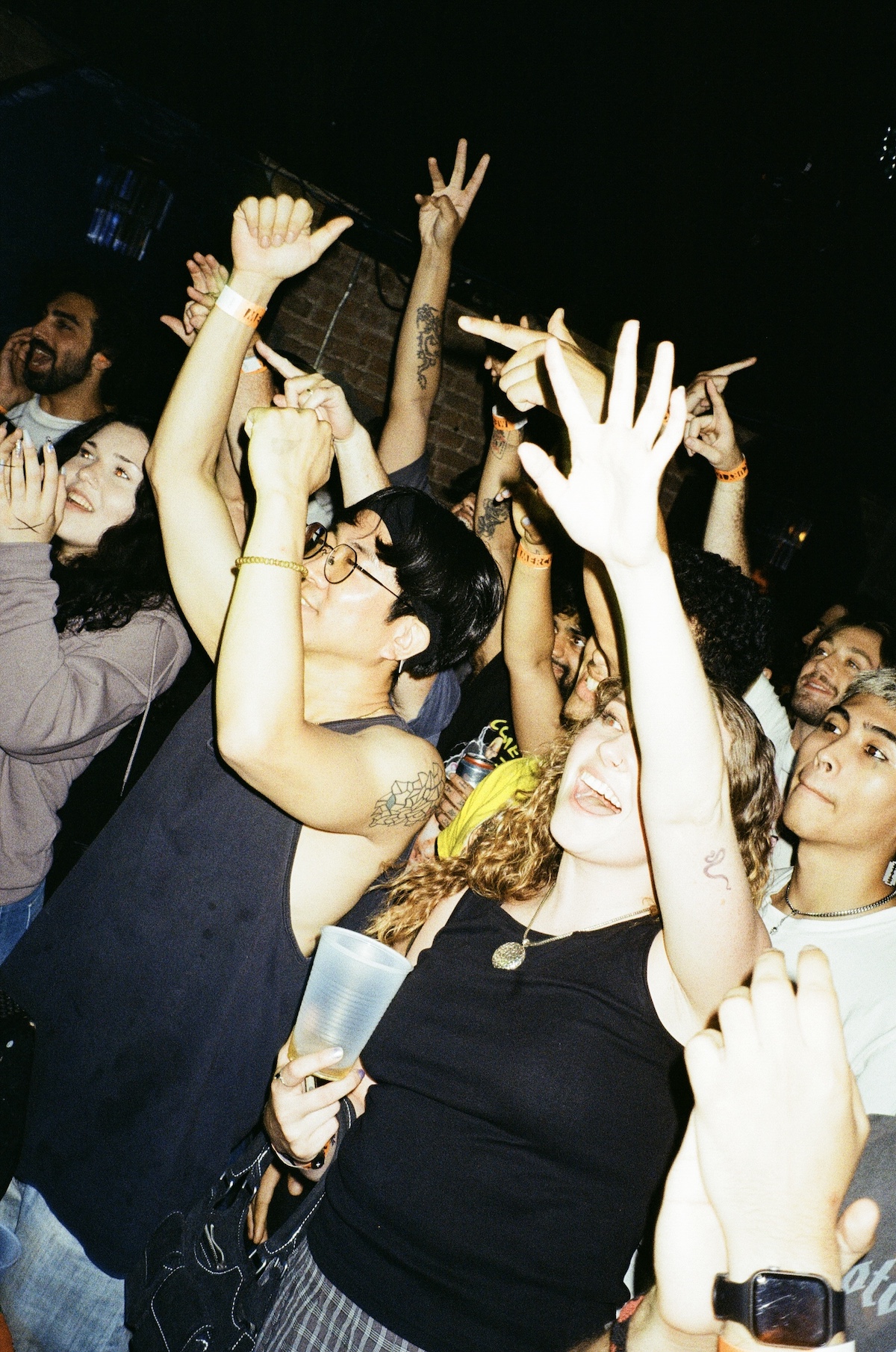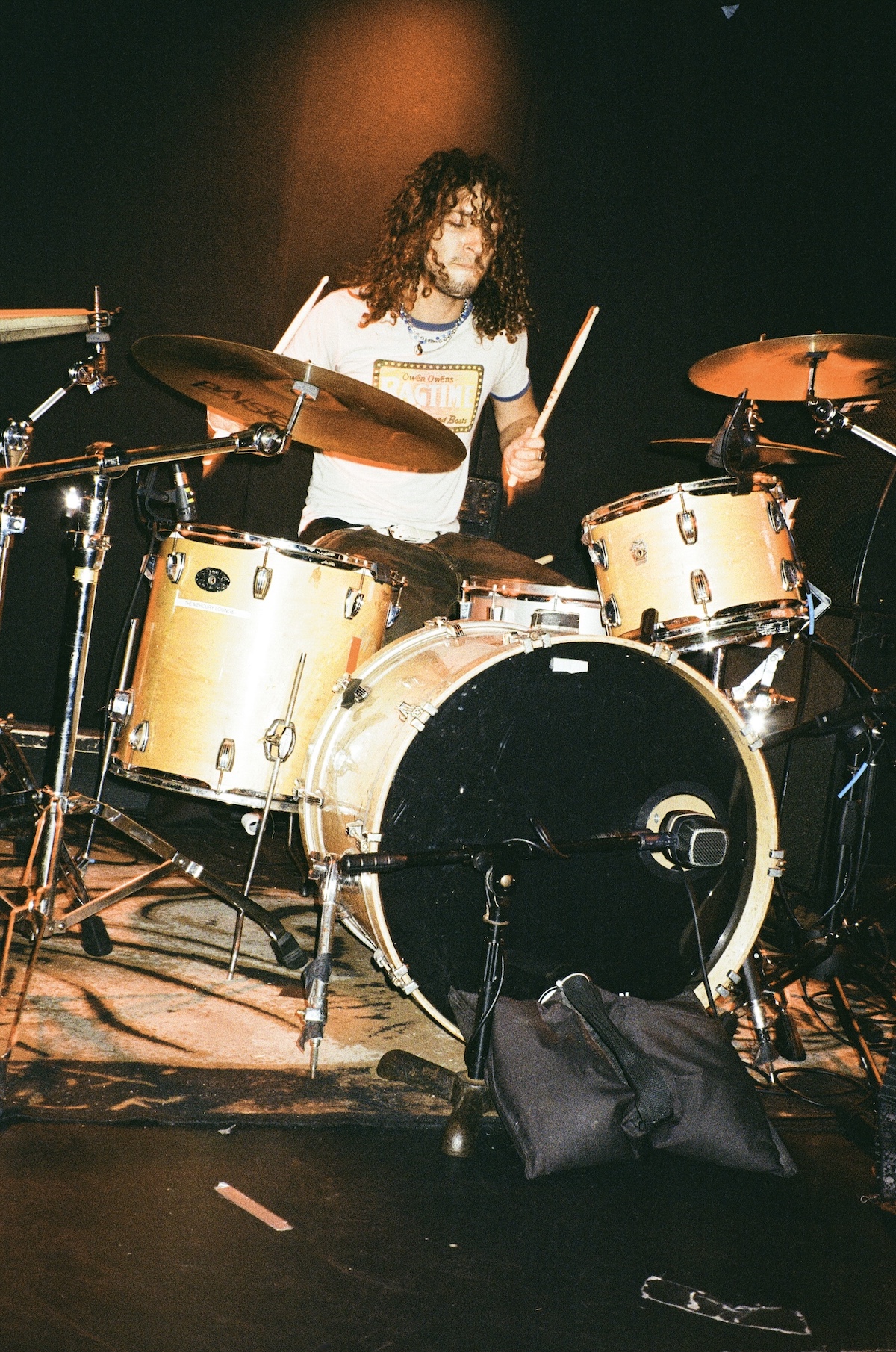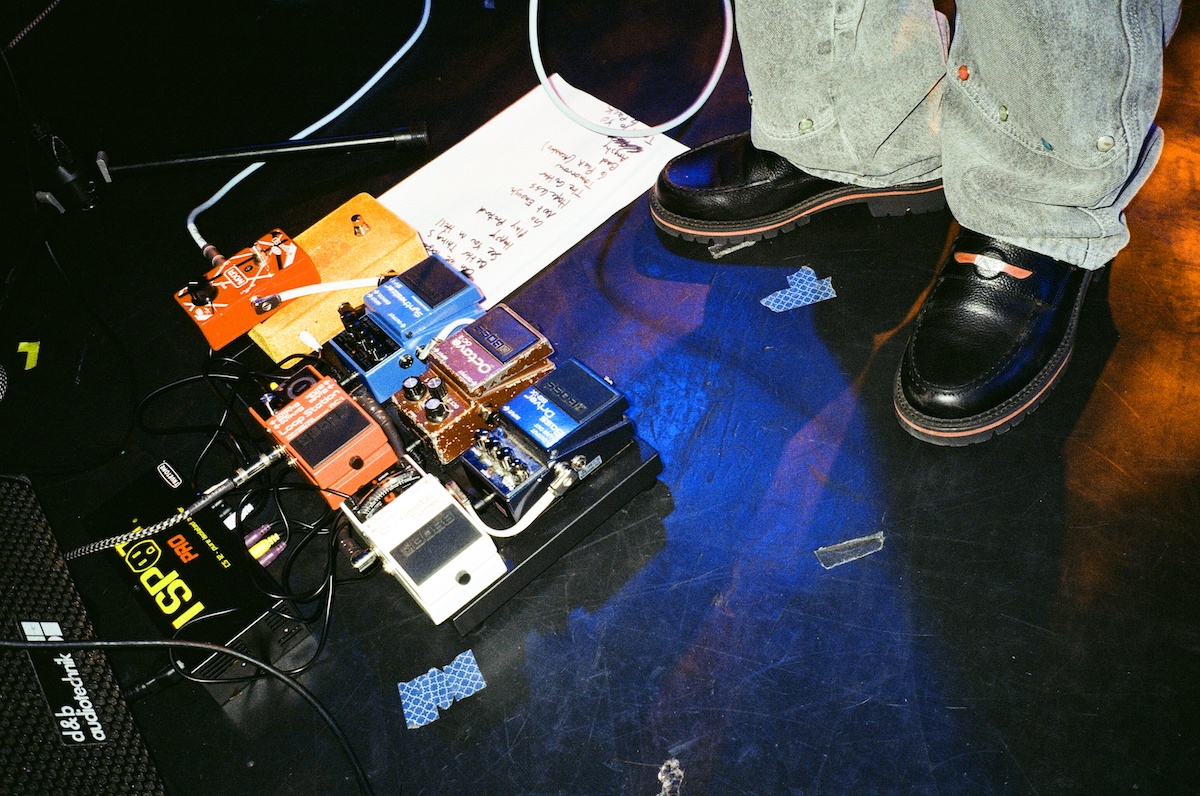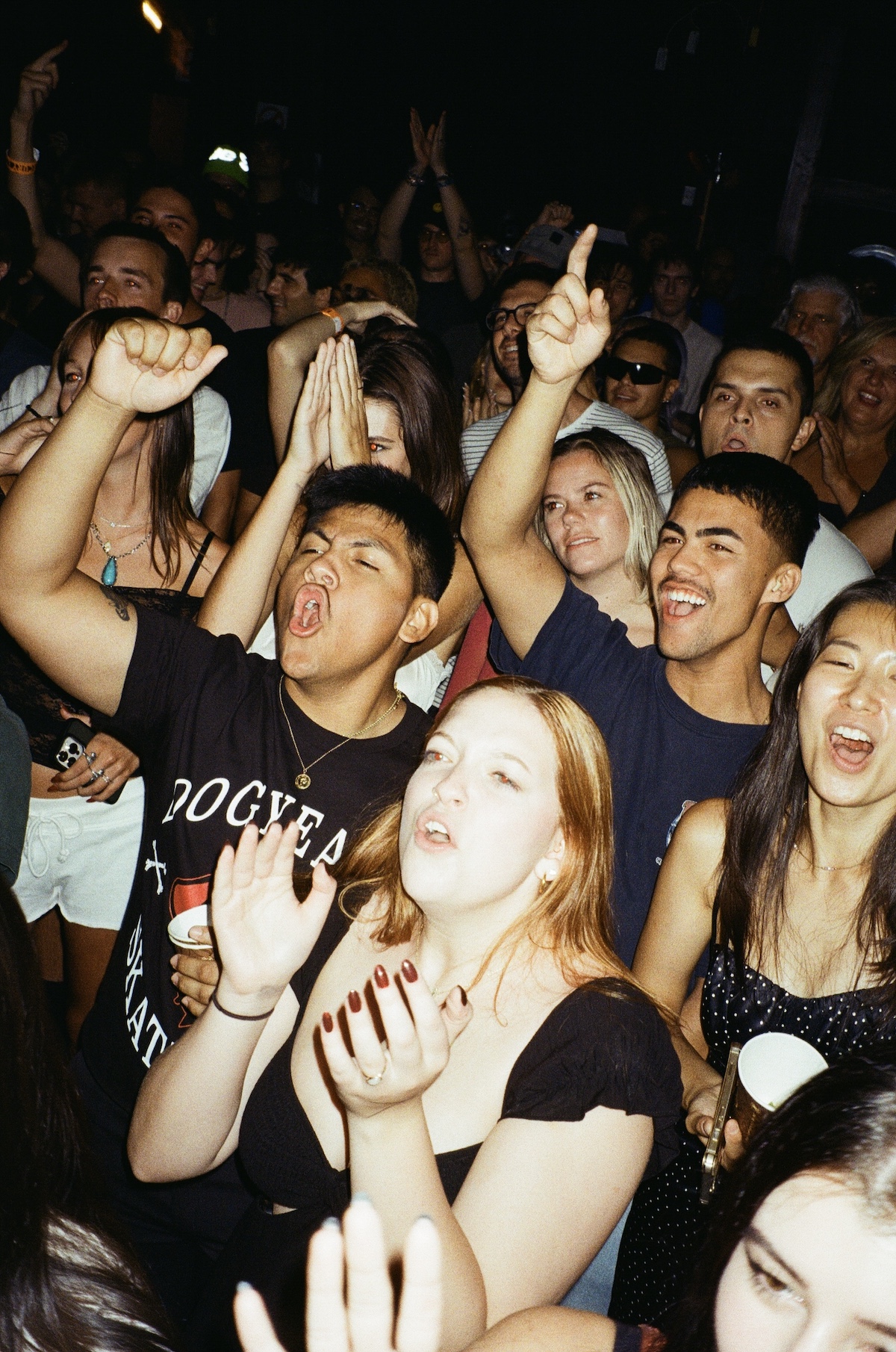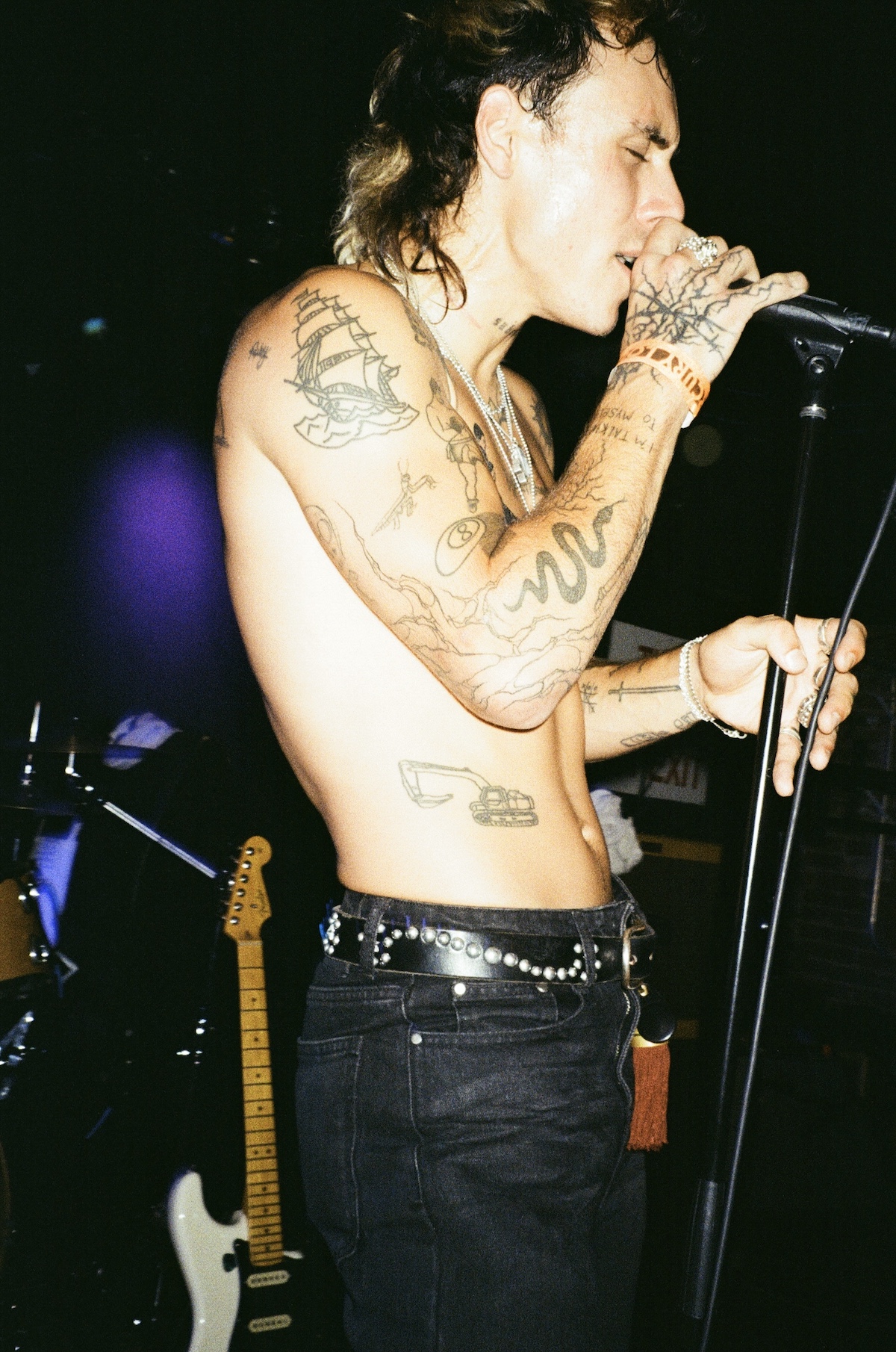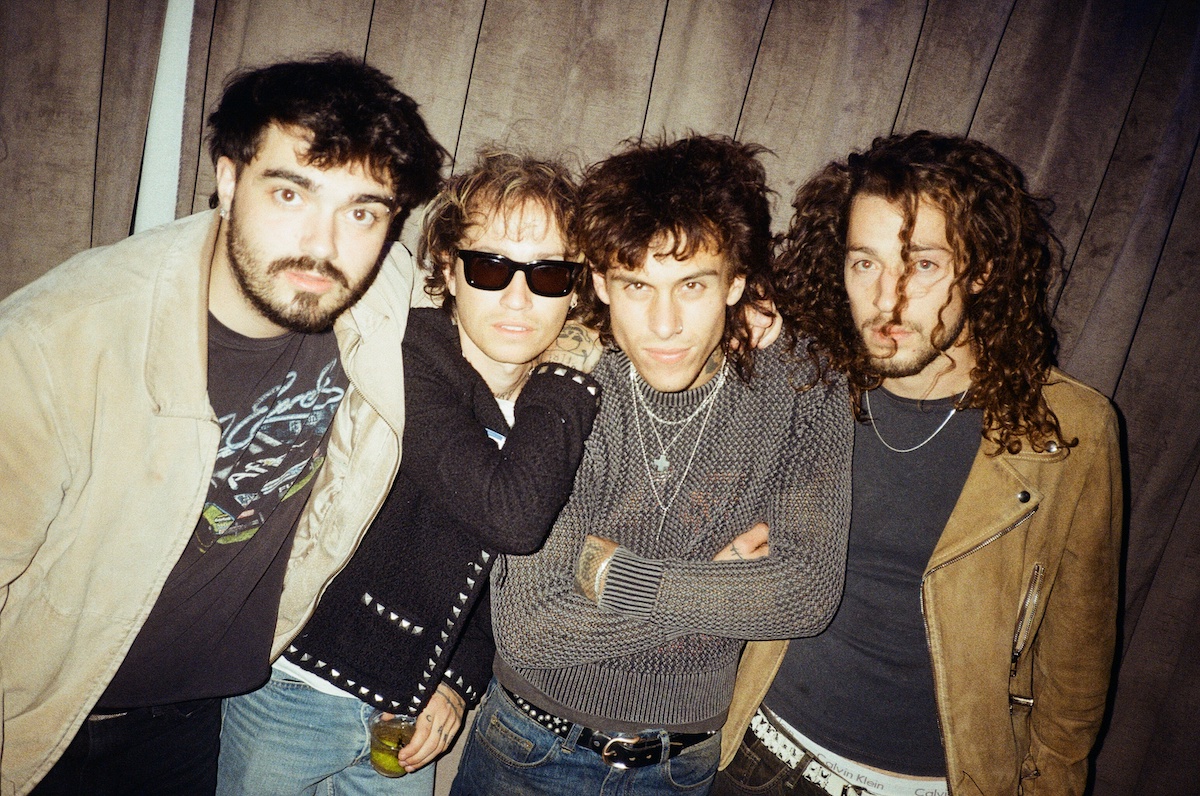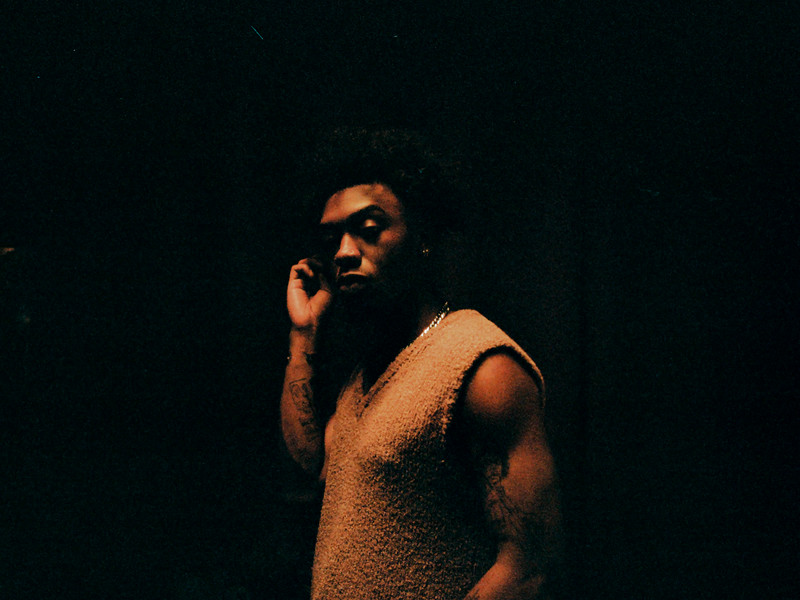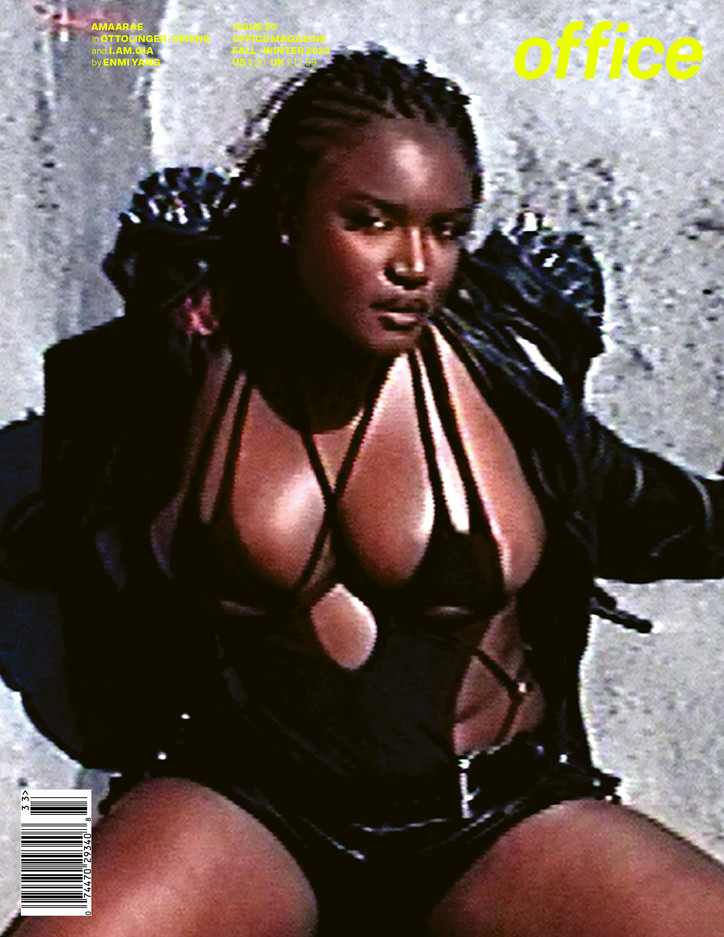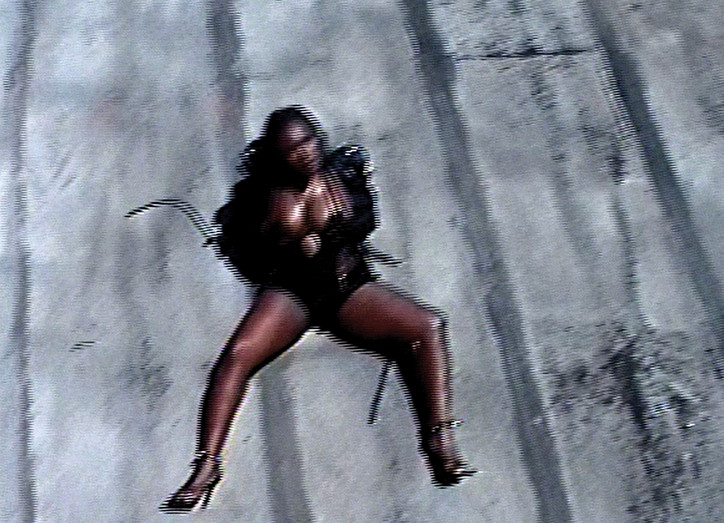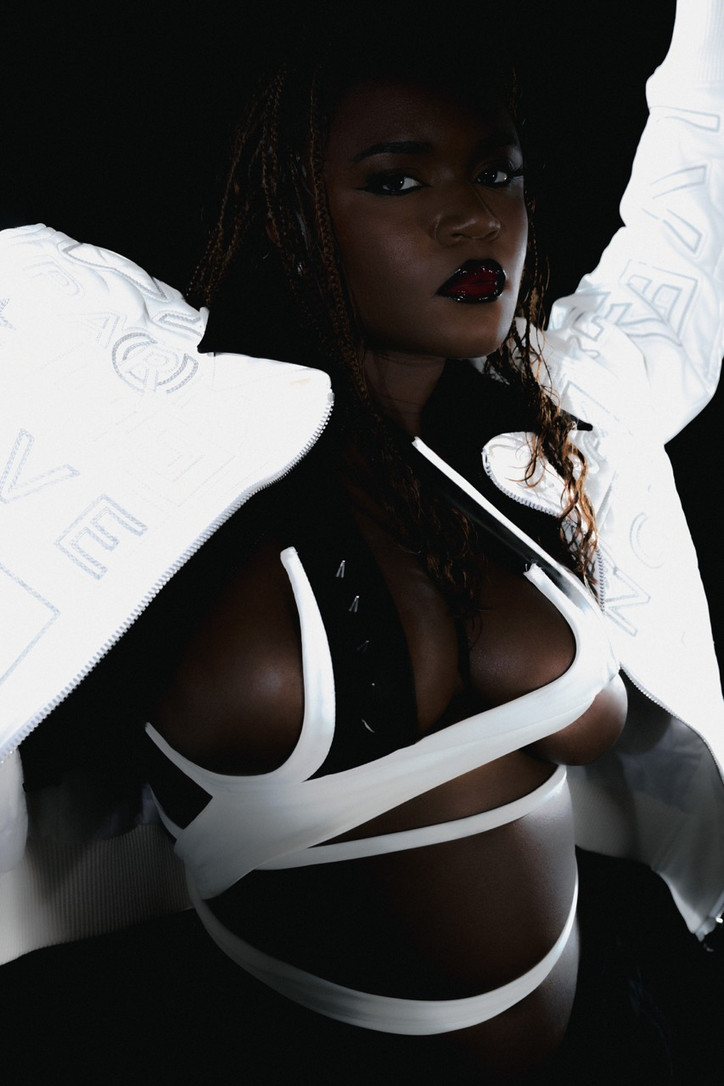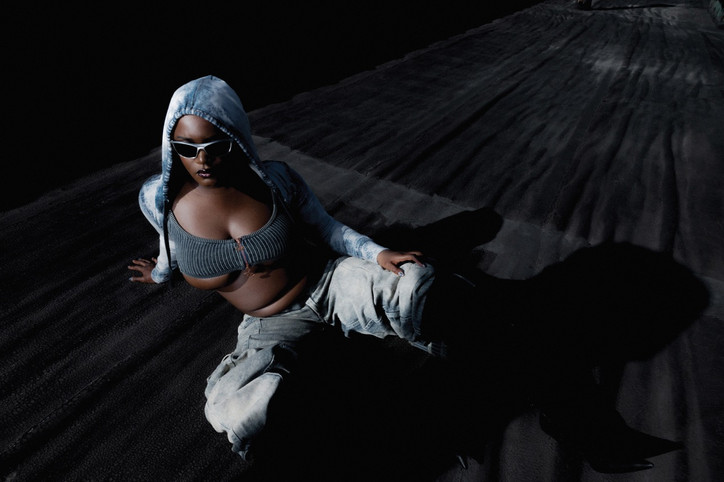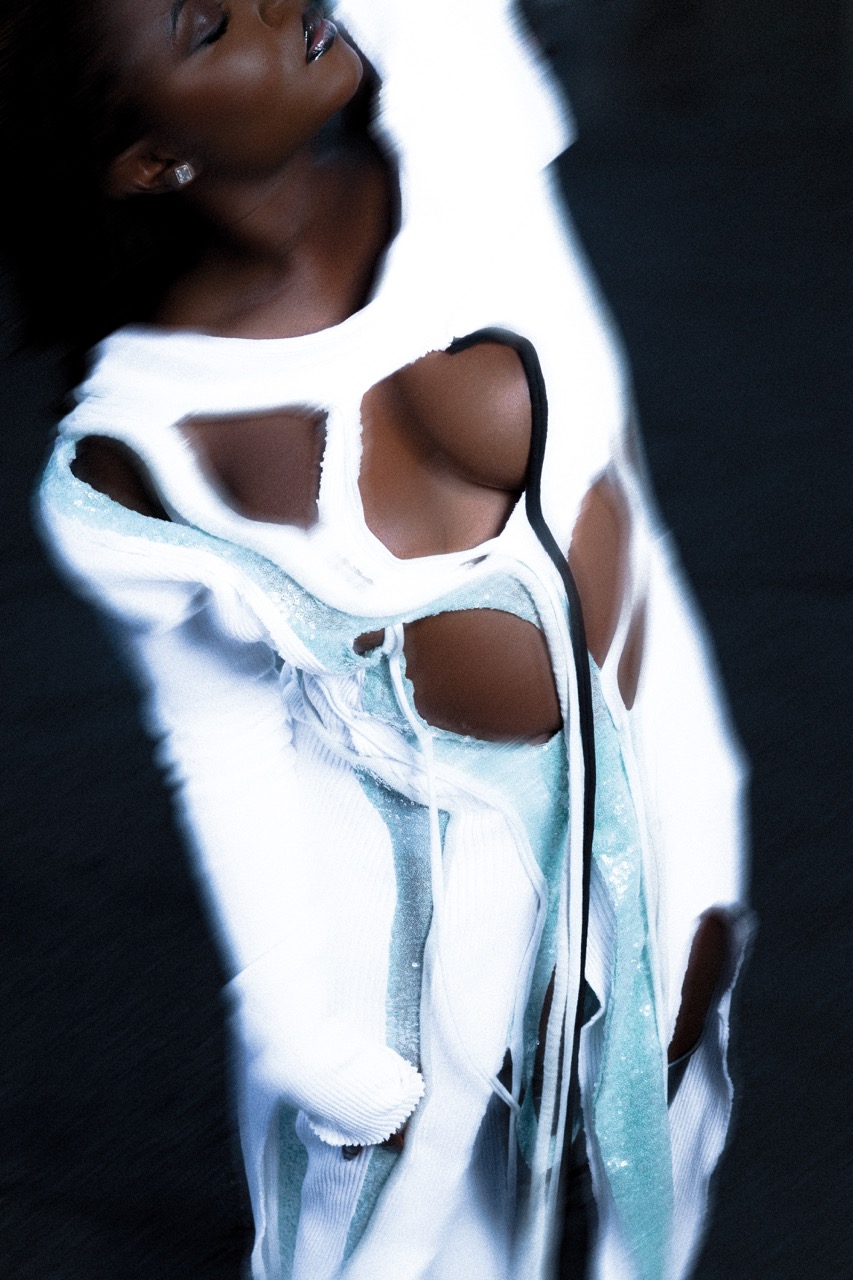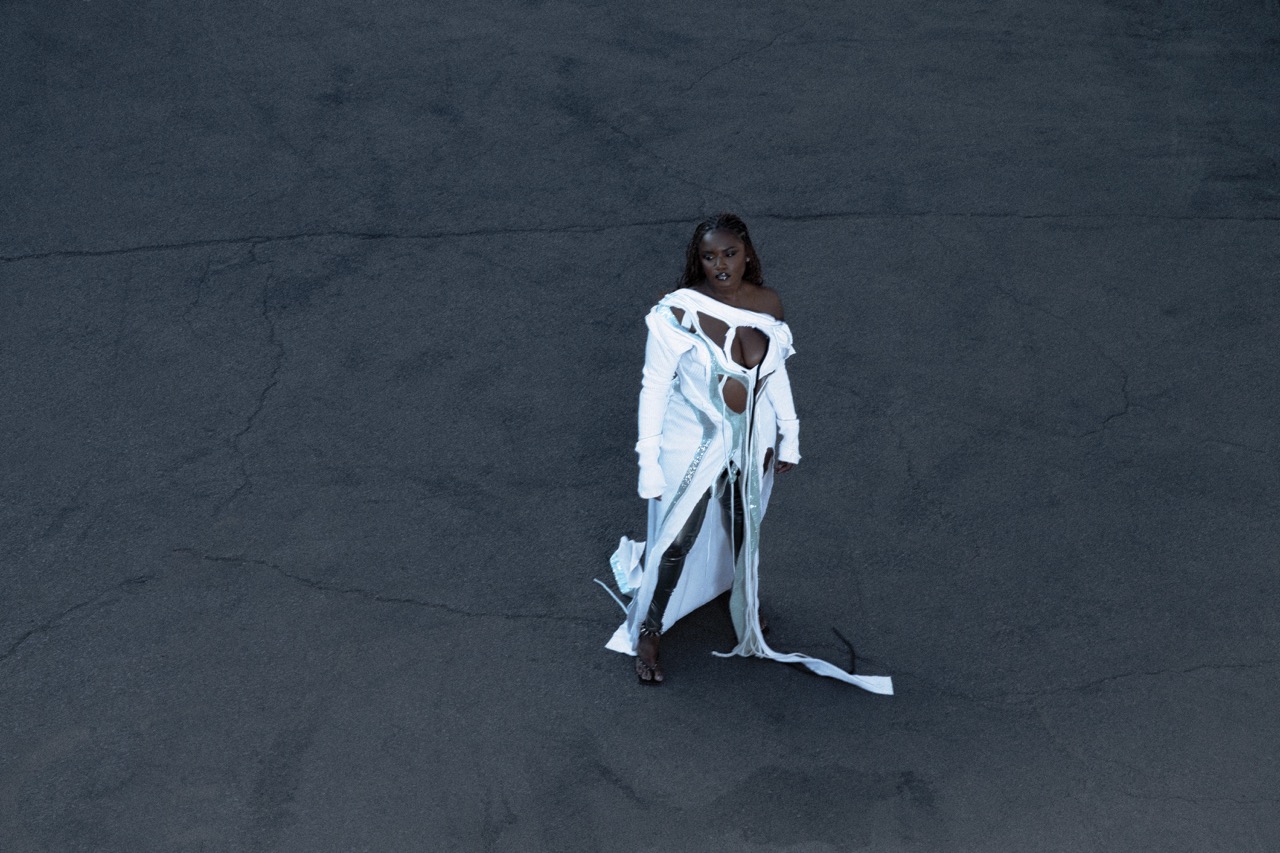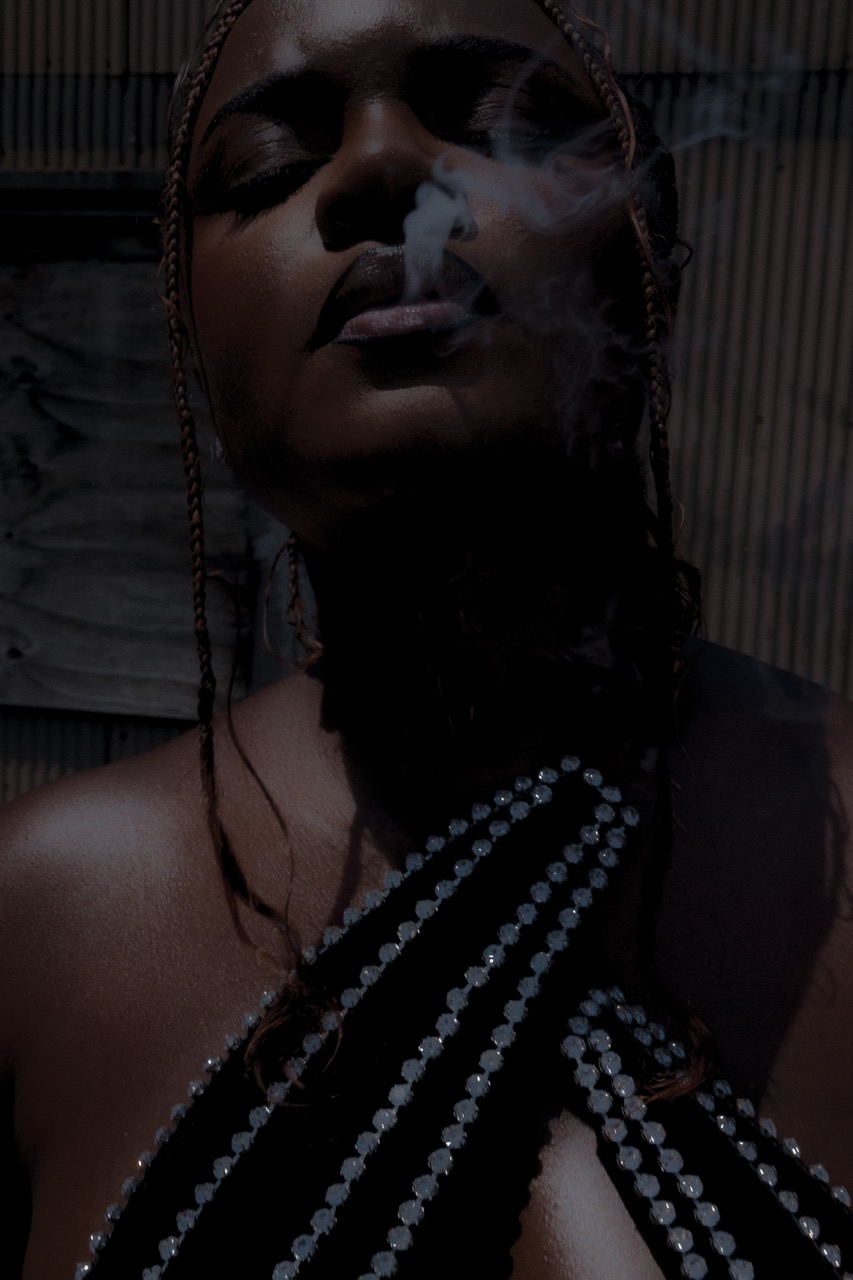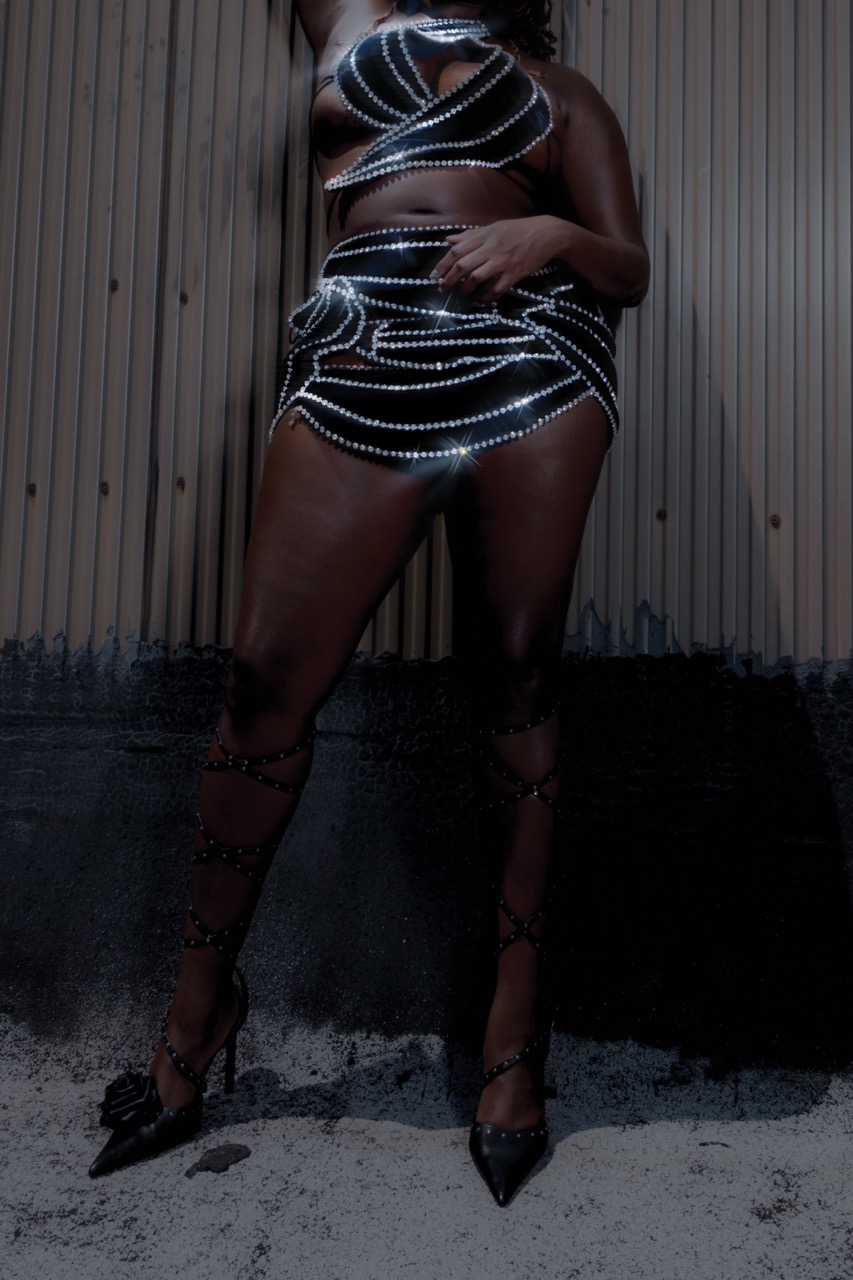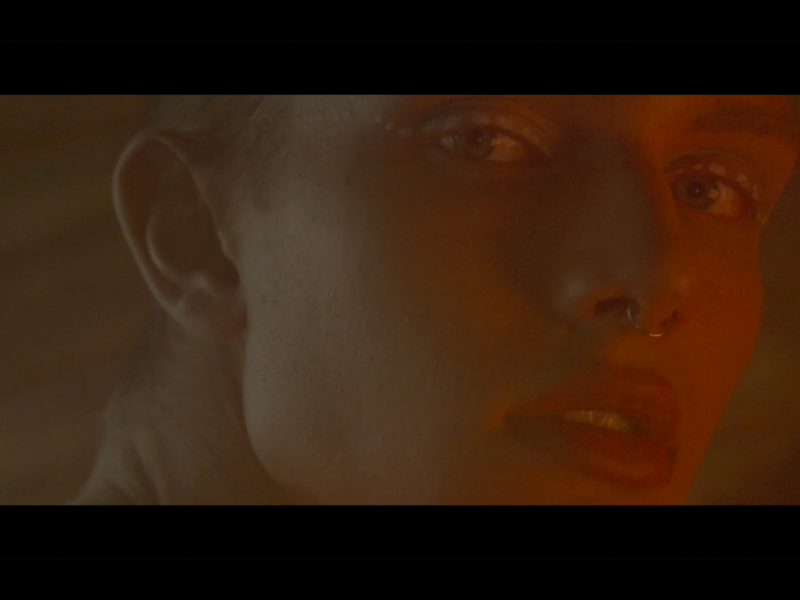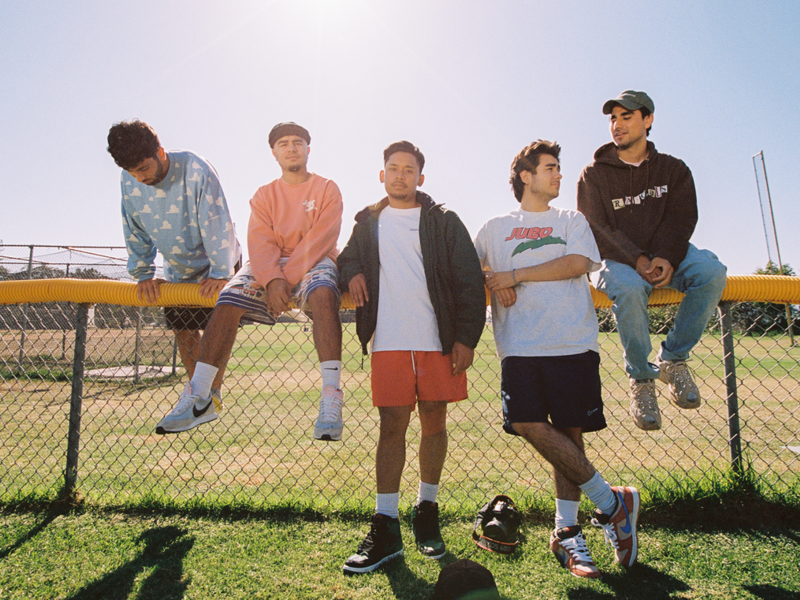Dreams, Darkness, and A24: Inside Chelsea Wolfe’s Creative World
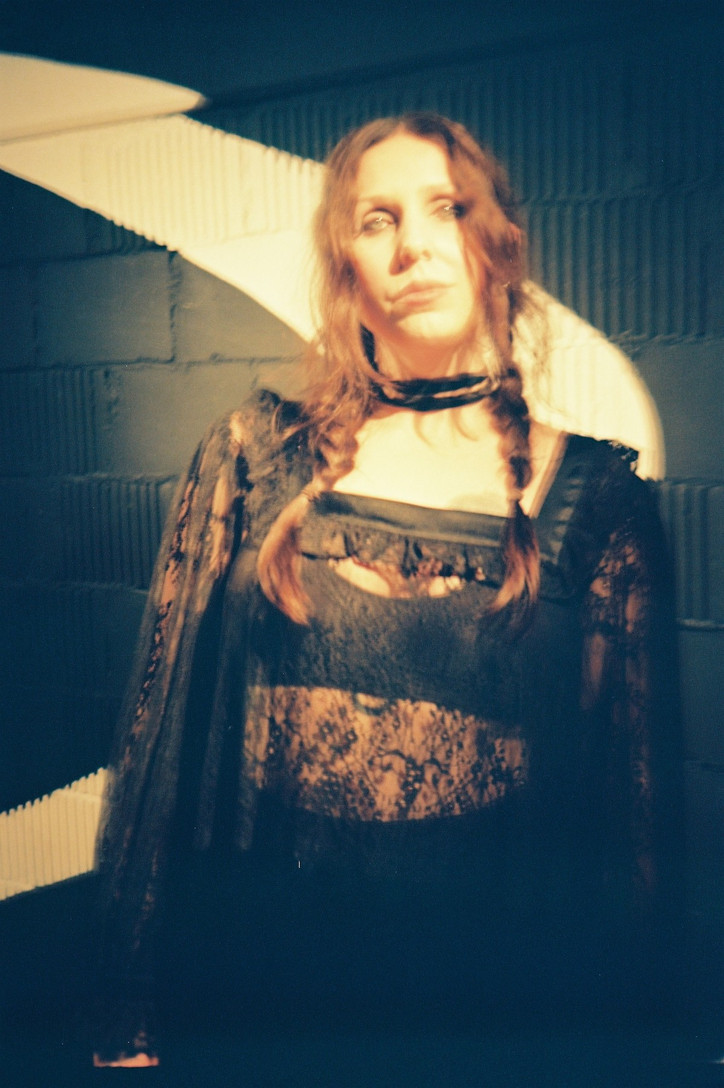
Andy Zozulya— How did your experiences with sleep paralysis and insomnia influenced the album "Abyss"?
Chelsea Wolfe— I’ve experienced sleep paralysis since I was a small child, and the sleep and dream world have inspired me a lot over the years. For Abyss, I more intentionally channeled my experiences and perspectives from sleep paralysis, night terrors, and the inner realm into songs. On “After the Fall,” the phrase “Don’t let them win!” is something I heard in a dream when I was in my early 20’s, and as I wrote Abyss later I wondered if that was my current self sending encouragement to my past self during a tough time. A lot of the songs were based on dreams or nightmares I’d had, or recurring themes in my dream-world.
Could you share with our readers a story about Berlin and Friedrichschain in particular.
I went there at age 22 with a group of performance artists, my friend and great artist Steve Vanoni invited me along and we did a show in a creative space there. I would play a short set of songs at the end of all the performance art (sometimes joining in on the performance art as well). It was my first time in Berlin and I was just taken by how magical Friedrichschain felt to me.. I couldn’t really put my finger on what it was exactly. Maybe it was the little playgrounds - that encouragement for children to use their imaginations and play, it felt so different and nice compared to the US, where the arts aren’t really supported. So my young mind just wrote a little story about it.
What prompted you to embrace witchcraft, and how it affects your creative process?
Embracing witchcraft was like a remembering. I’ve always had witchy tendencies, and my grandmother passed down elements of witchcraft to me, but we didn’t have that name for it. Tarot was one of my first gateways into witchcraft as a personal spiritual practice, and I just kept learning from and communing with more witches and it became this really joyful, really healing thing for me. Witchcraft affects me creatively in a positive way, as I’ve learned tools like creating a container of sacred space for ritual that I can also apply to songwriting.
What is your favorite Tarot card? Do you have a favorite tarot set?
I always say The Hermit and The Star, which feel like the two contrasting sides of myself: the very introverted homebody who loves to spend time alone, writing and contemplating mysteries and magic, and the one who goes out into the world and somehow becomes comfortable sharing her music onstage with an audience (even though I know that’s far from the full meaning of either card!) I really love Kim Krans’ Archetypes oracle deck, and last year I enjoyed the Dark Wood tarot deck by Abigail Larson and Sasha Graham because it’s a shadowy deck, and I was doing a lot of shadow work. I usually stay with one deck for a long time until I feel intuitively that it’s time to move on or shift energies. In 2024 I’ve been using a more lighthearted deck because life feels heavy right now!
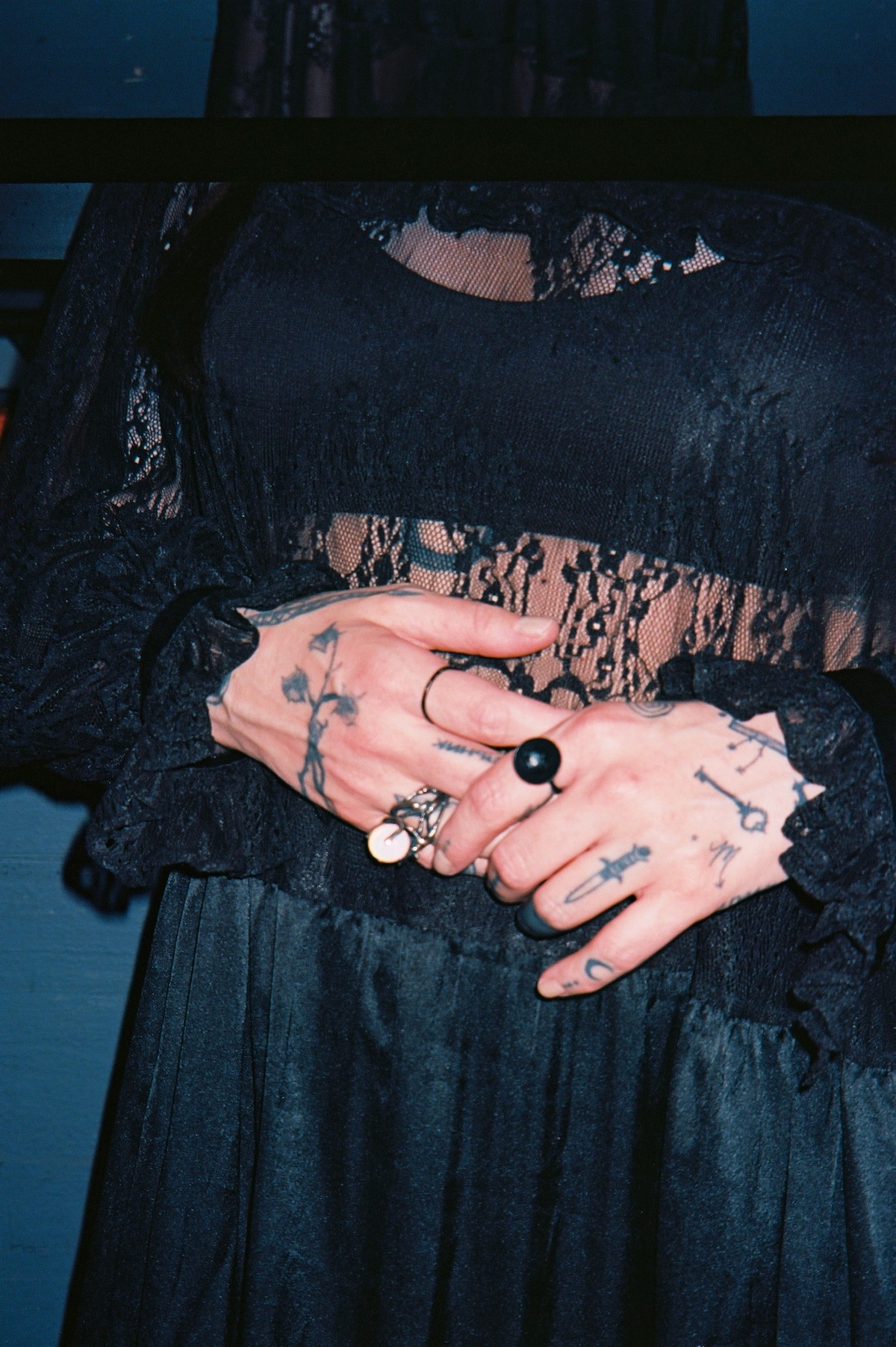
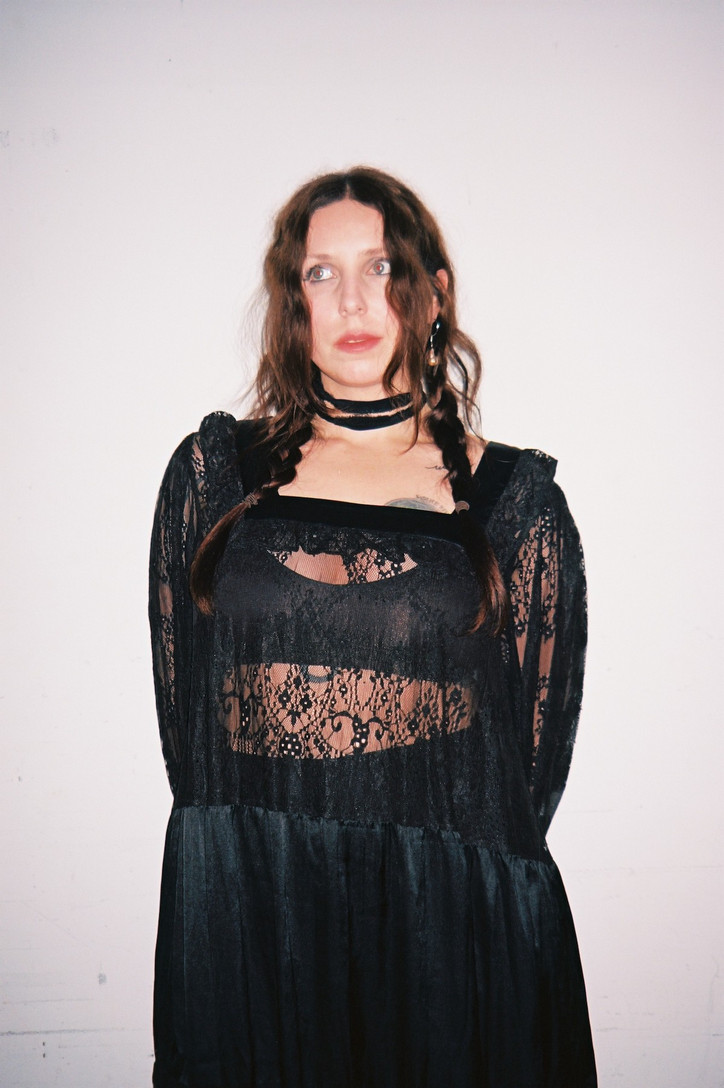
Why did you move from Los Angeles to a more rural setting, and how has this affected your creativity?
I’m originally from a town called Sacramento, in Northern California. I moved to LA in my mid-twenties to get out of the small pool of my hometown, to meet new people, and pursue my music career, but ultimately after a number of years I felt the pull back toward Northern California. I don’t live in Sacramento now though, as I don’t really like being in cities and prefer to be in my small mountain town. There are times when I lament how much easier it would be to gather with other creatives if I lived in a big city though, if I’m honest. But on a personal level, I have a lot of anxiety, and I find that being in a quiet place amongst the trees when I’m not on tour helps me stay regulated.
What was your reaction to being called the "daughter of sorrow," and how you incorporated this into your identity?
My lyric/identity of “daughter of sorrow” is a bit about ancestral trauma passed down via the matriarchal line but caused by the patriarchy, but it’s also a bit playful and kind of a nod to how there was a time that my songs were considered “sad girl music” to a lot of people.
How did your childhood experiences with your father's home studio influence your musical career?
Growing up peeking into my dad’s home studio - which was really just a bedroom with some home recording gear in it by the way, nothing fancy - it made it feel normal to write and sing and be creative. At the same time though, I suppose I didn’t ever imagine that it could be a full-fledged career since my dad always had day jobs even while he was playing in a band and traveling around California to play shows. It took me until my early to mid 20’s to start playing my own shows and taking music more seriously as a pursuit.
What challenges you faced during the recording of your last album and how did you overcome them?
Well, I got sober from alcohol during the writing of the album, and it was also during the initial pandemic times, so my bandmates and I had to write from afar, and once we got into the studio together, if someone from the studio got COVID we’d all have to isolate and go home (6 hours away) and start again in a few weeks, and so on. It wasn’t an easy process in a practical sense, and also, I was changing and transforming a lot as time went on and I got into my sobriety. I was open to the demos changing from what we’d written into something new in Dave Sitek’s studio, but not everyone was open to that.. There were challenges happening at the same time within my career that gave making this record an underlying tenseness that I had to constantly be rising above as well. By the time the record was finished, I knew I needed to leave my record label and management company and sort of re-start my career, even though I didn’t have a plan in place. I was just going off of faith, and the courage that these album songs gave me. A song like “Whispers in the Echo Chamber” became a guidebook for how to cut cords and move forward in a new way.
How your collaboration with A24 came to life, most notably soundtracking the movie "X", how was the process, you worked on film scoring in the past, how was this experience different?
I had collaborated with Tyler Bates before, and he asked me to be part of the “X” soundtrack. My main job was to give vocalizations and melody to the two main characters, Maxxxine and Pearl. I learned a lot about my voice in the experimental process of doing so. I also learned a lot from working with Tyler, who’s done so many great film scores.
What's happening for Chelsea Wolfe in 2024.
It’s been a busy year! More touring than I’ve done since pre-pandemic times, remix versions of She Reaches Out coming soon, and some more new versions of the songs after that... coming back to Europe and UK in October and November.... writing new songs in the meantime, always.

